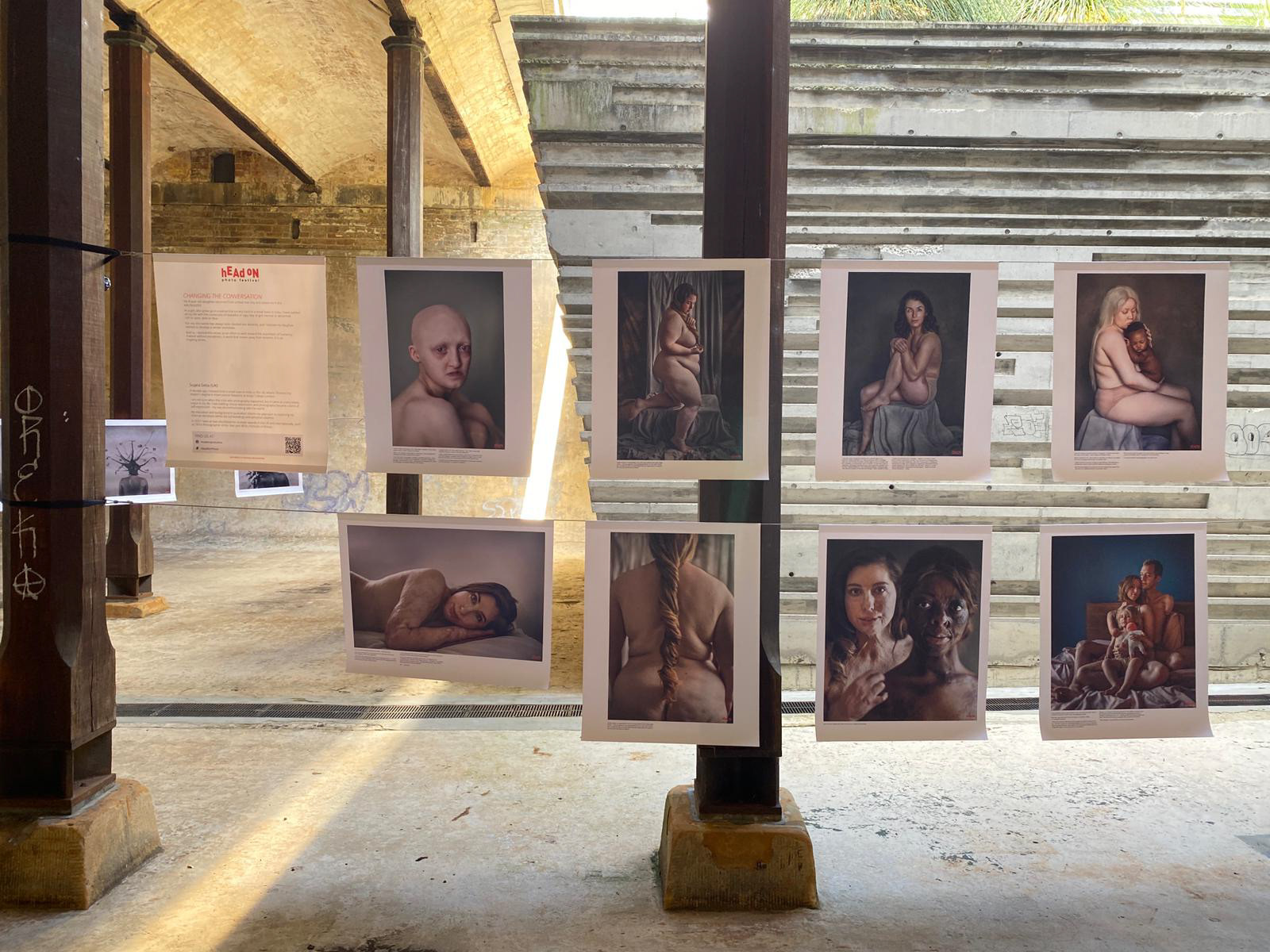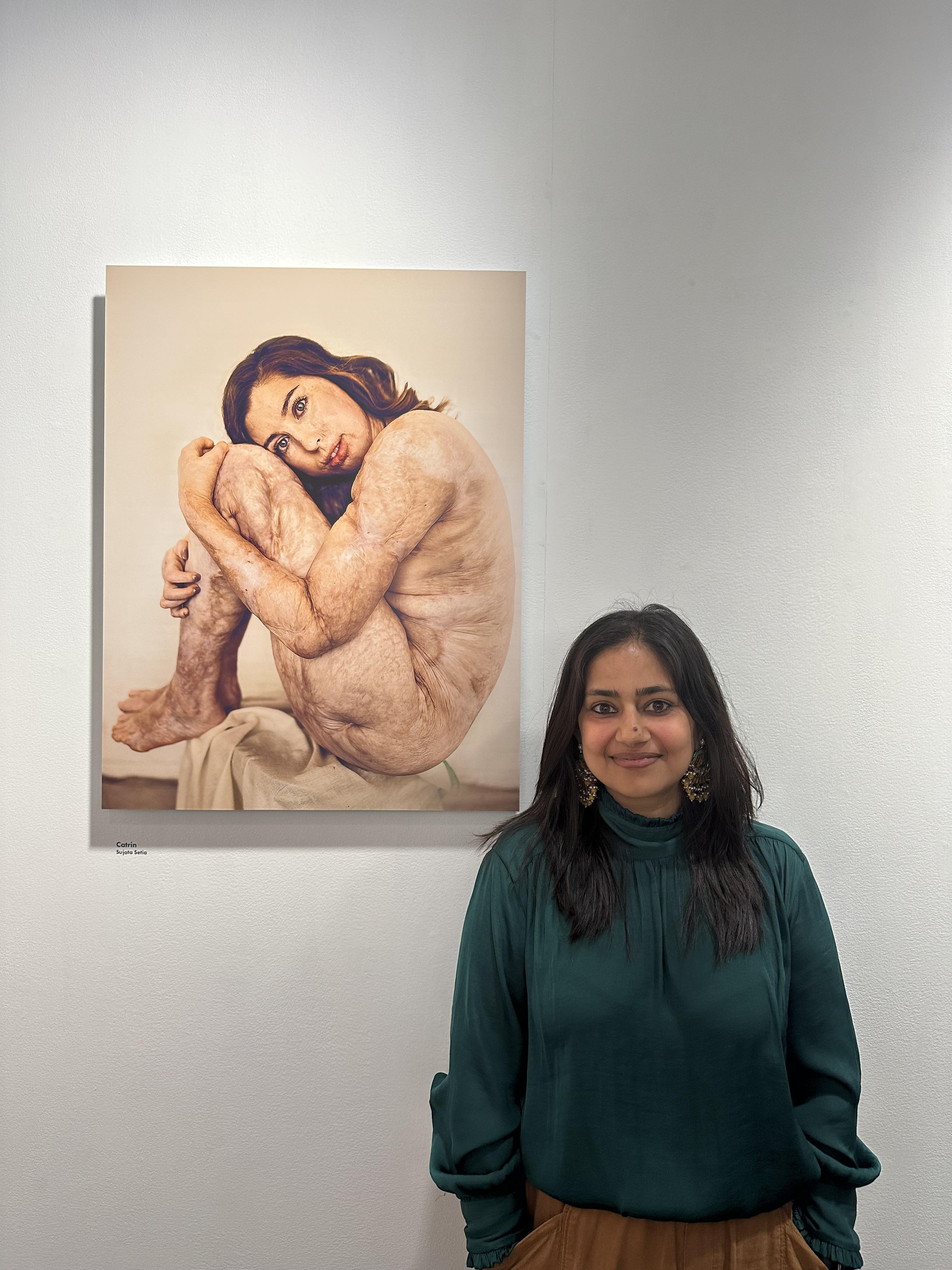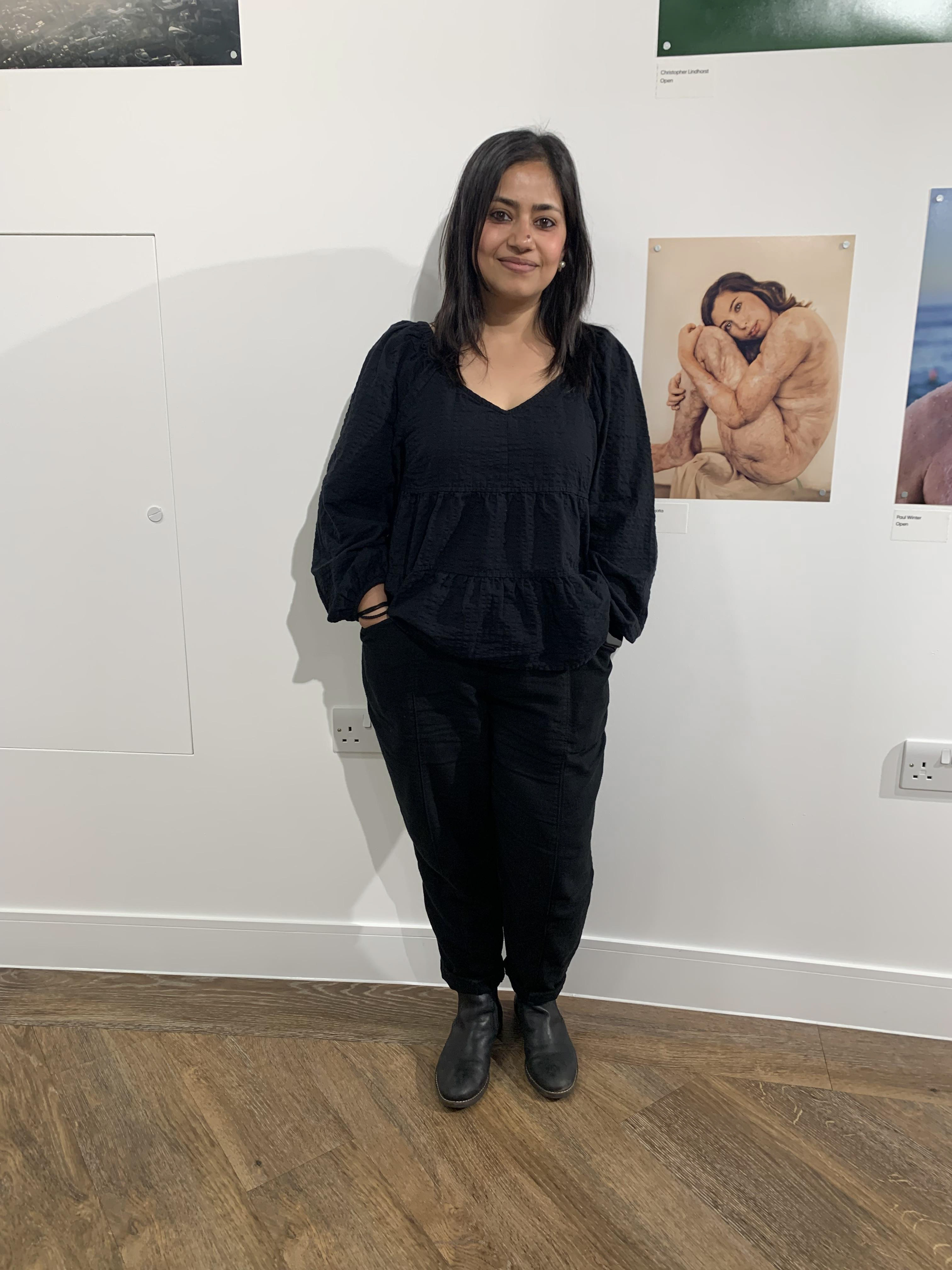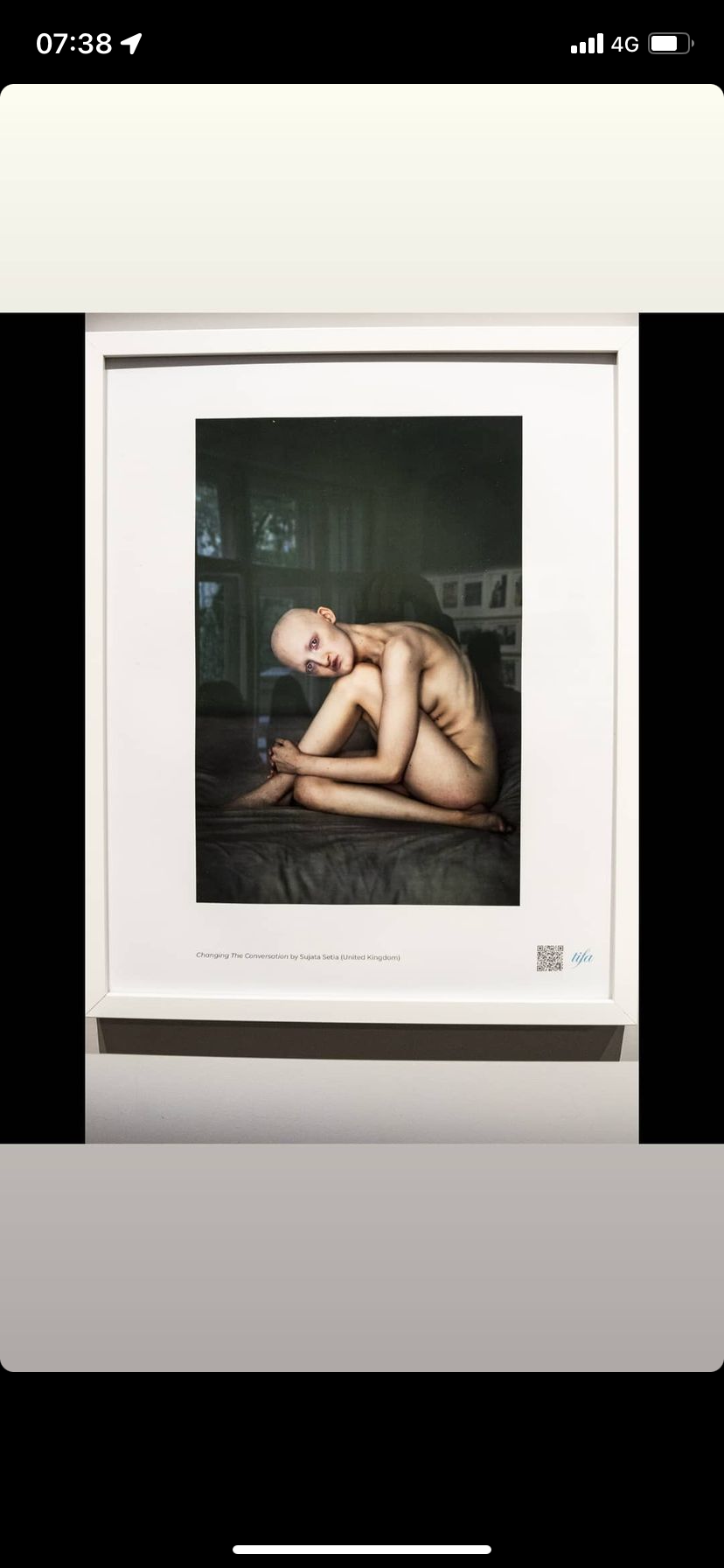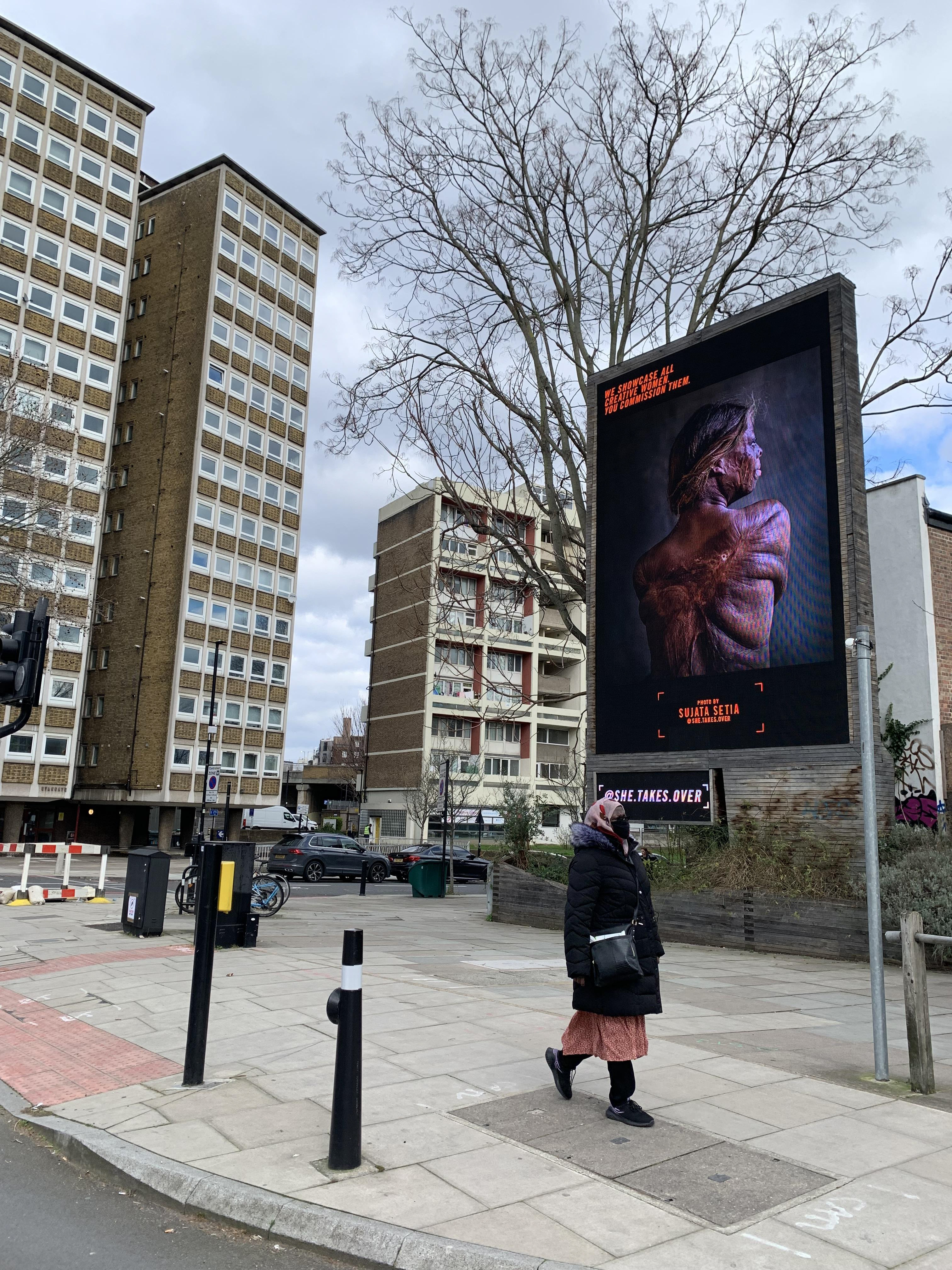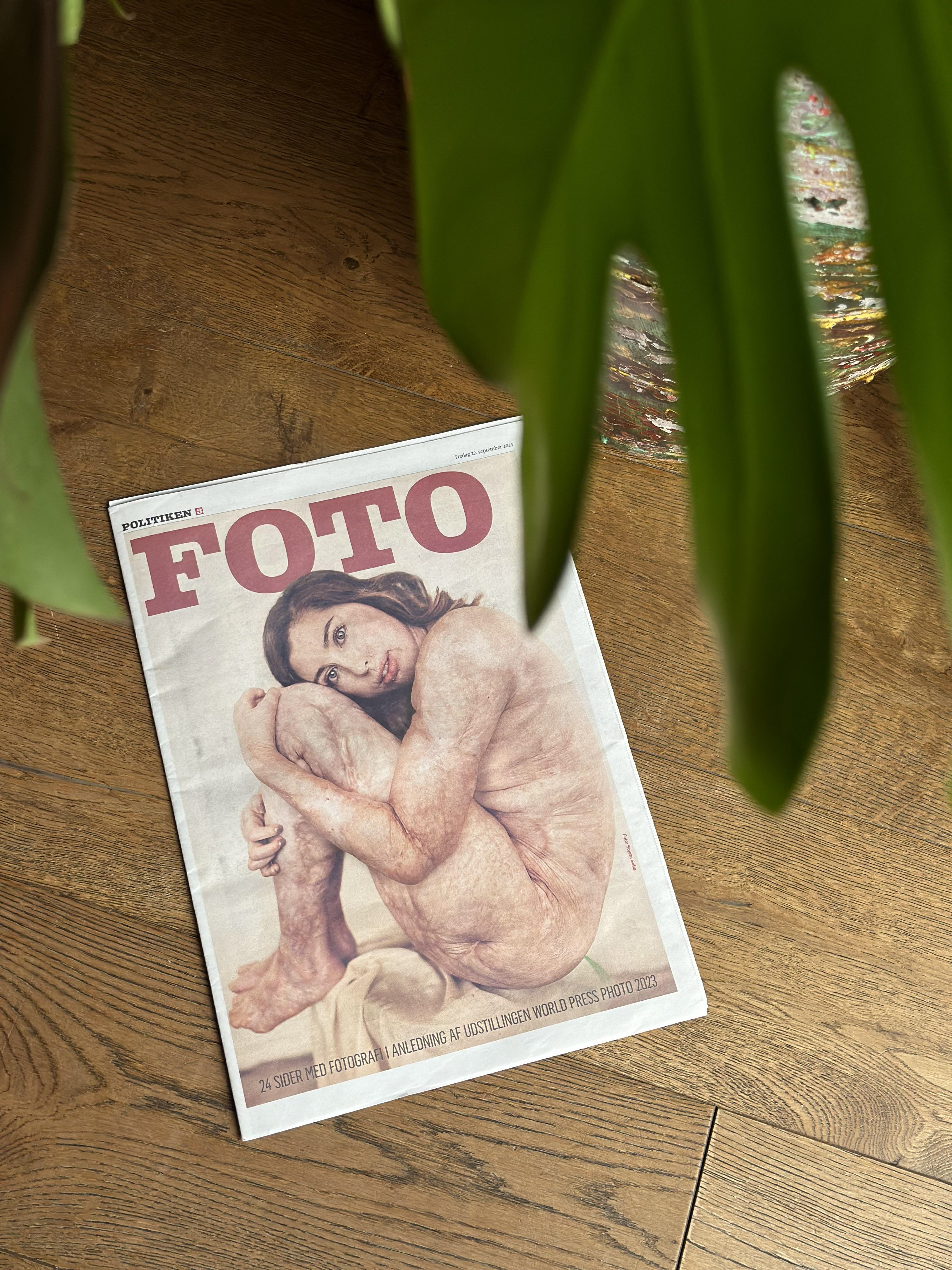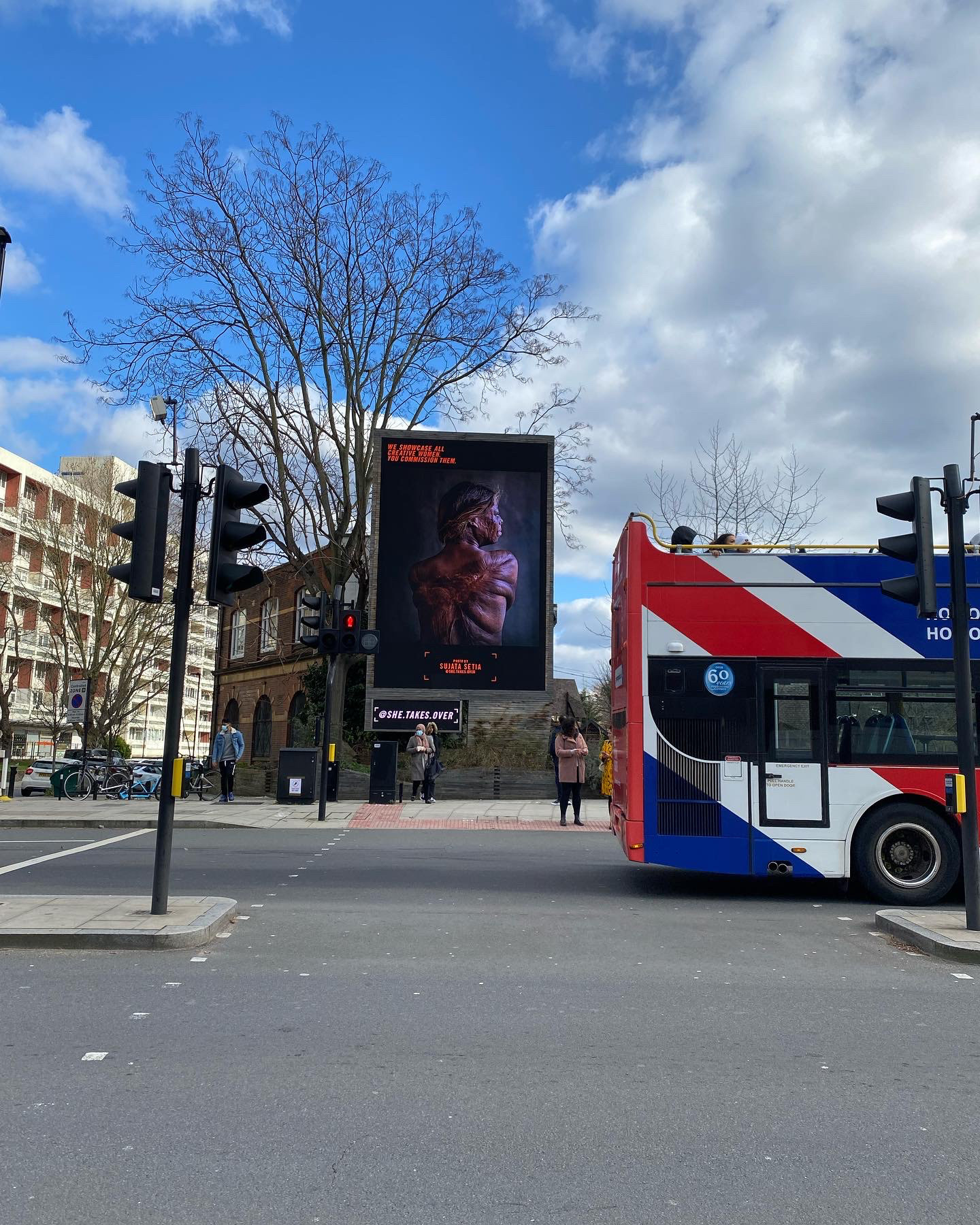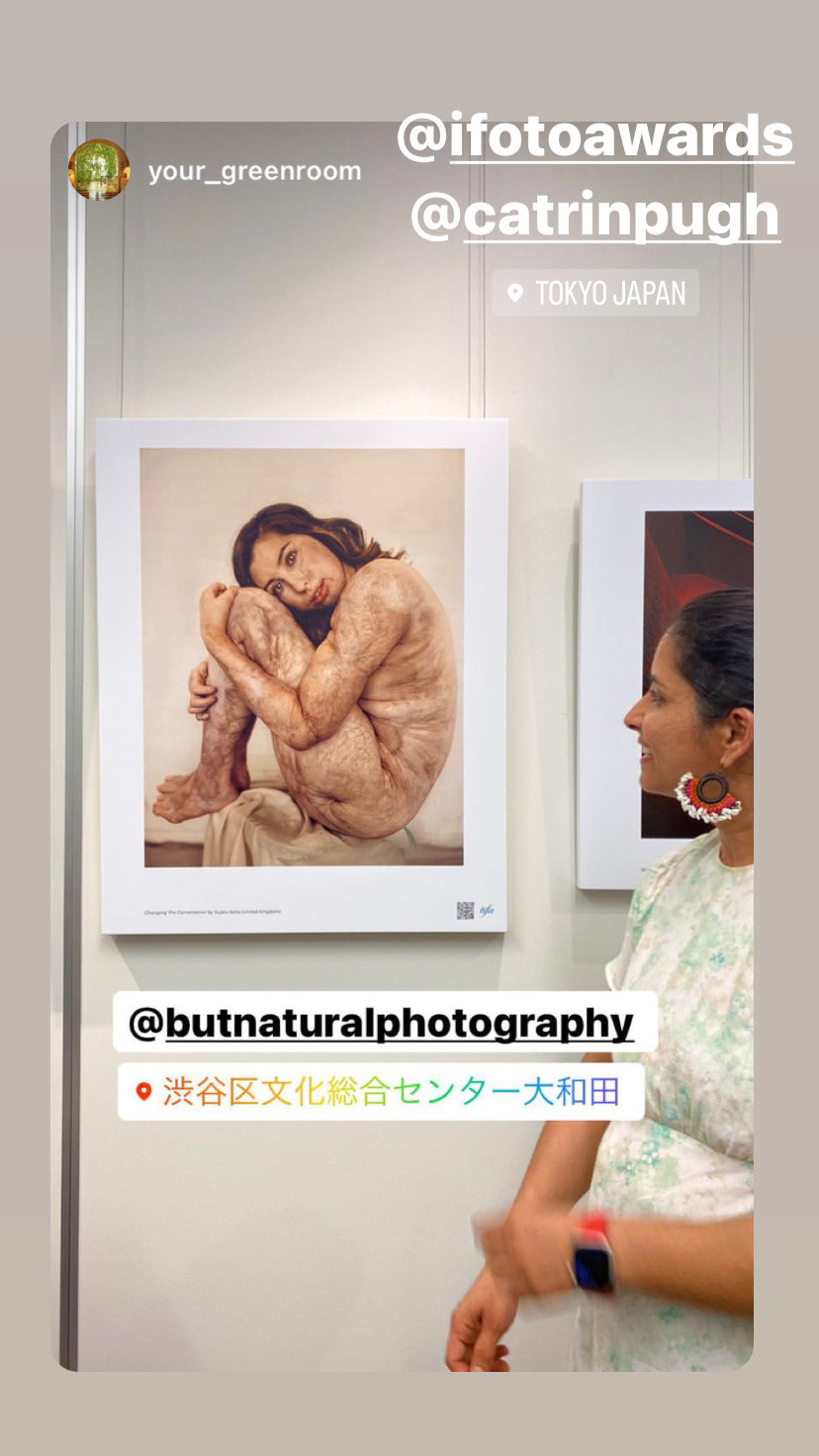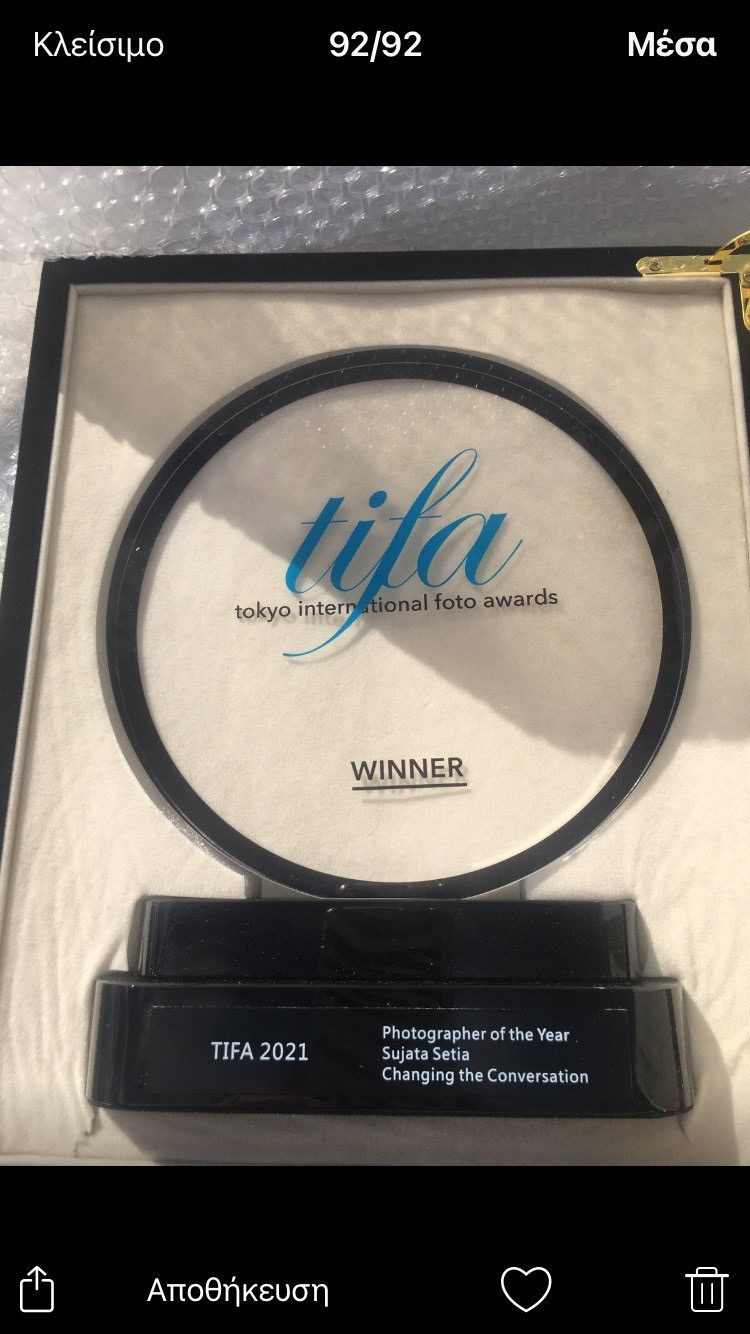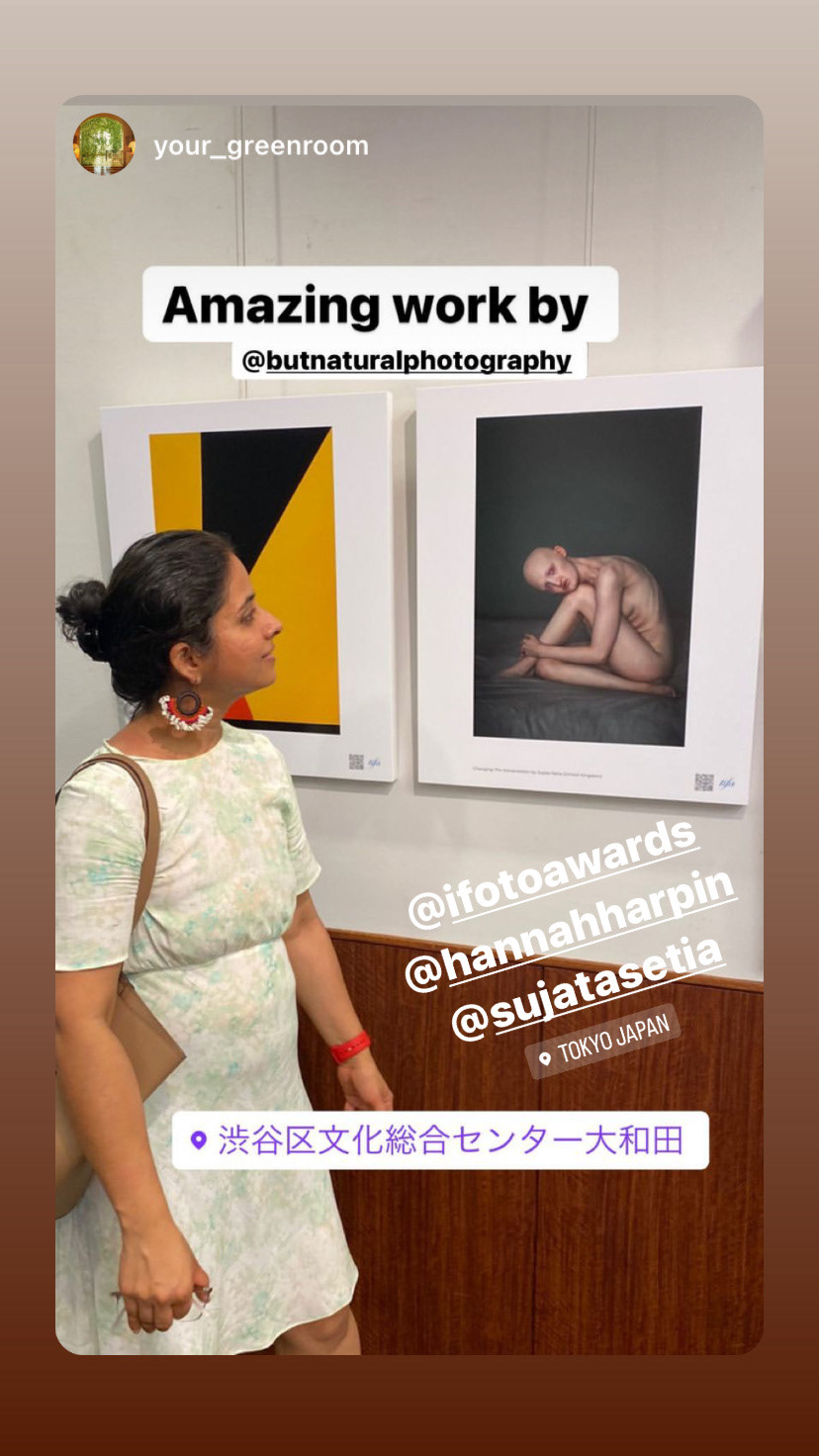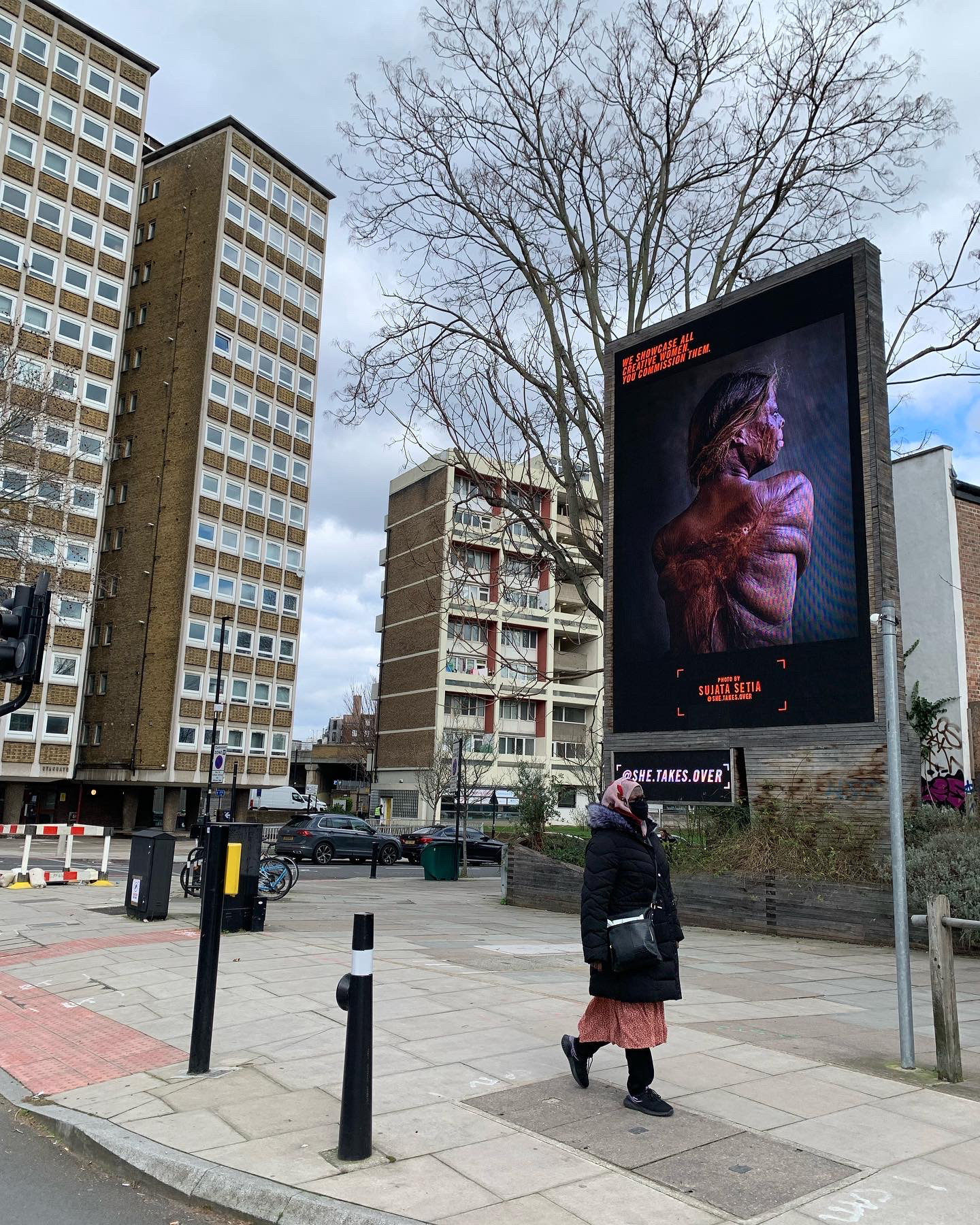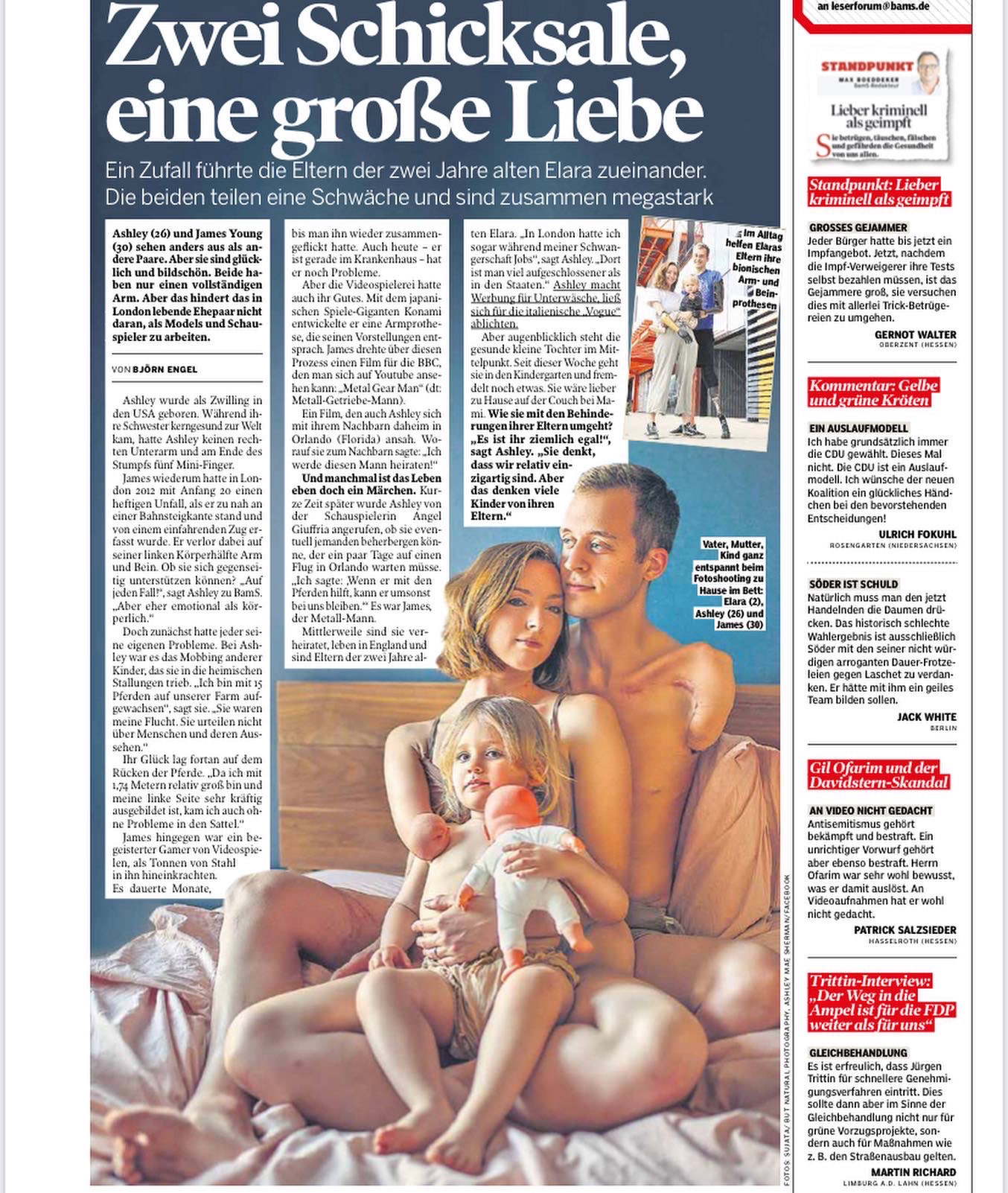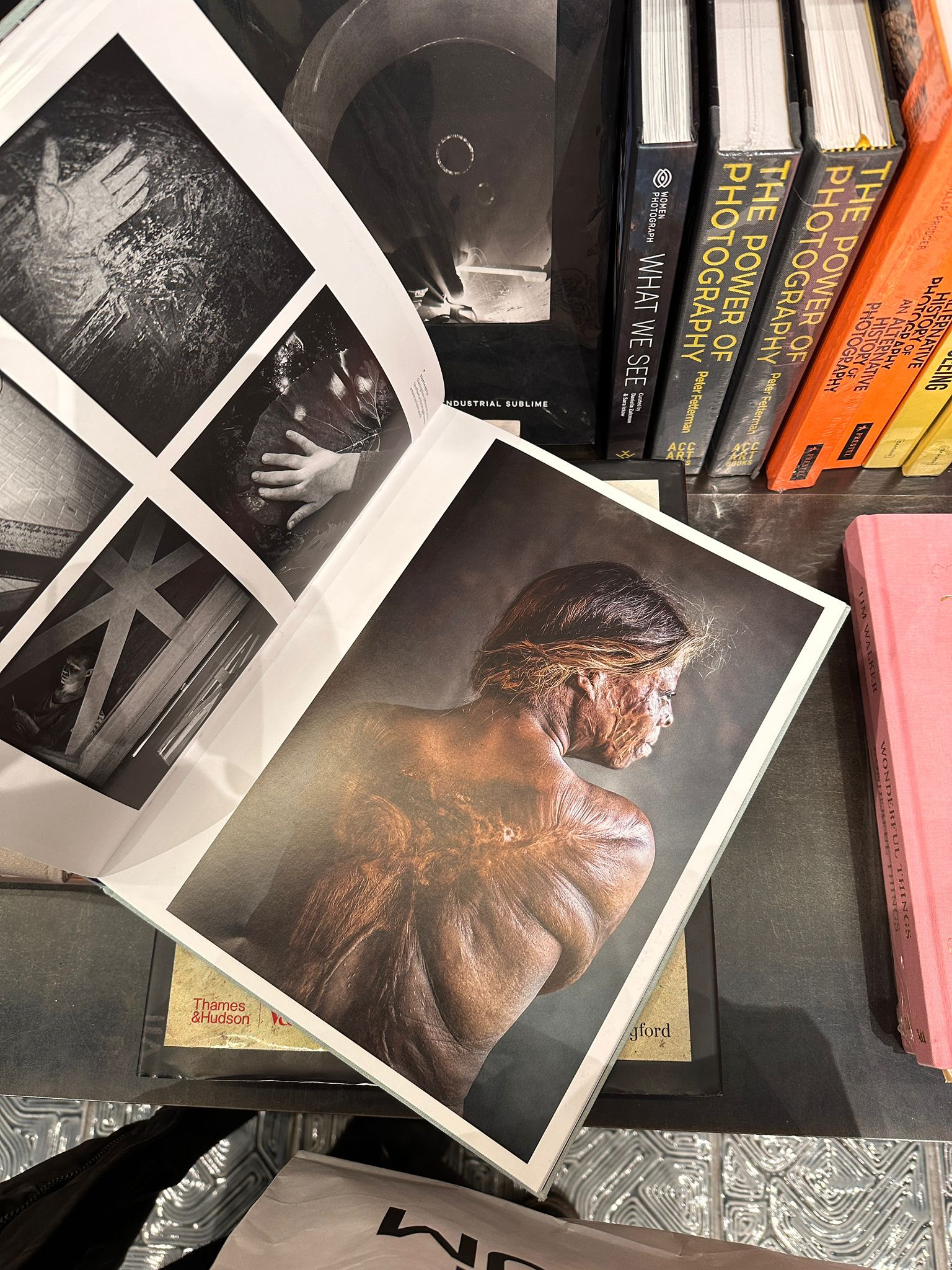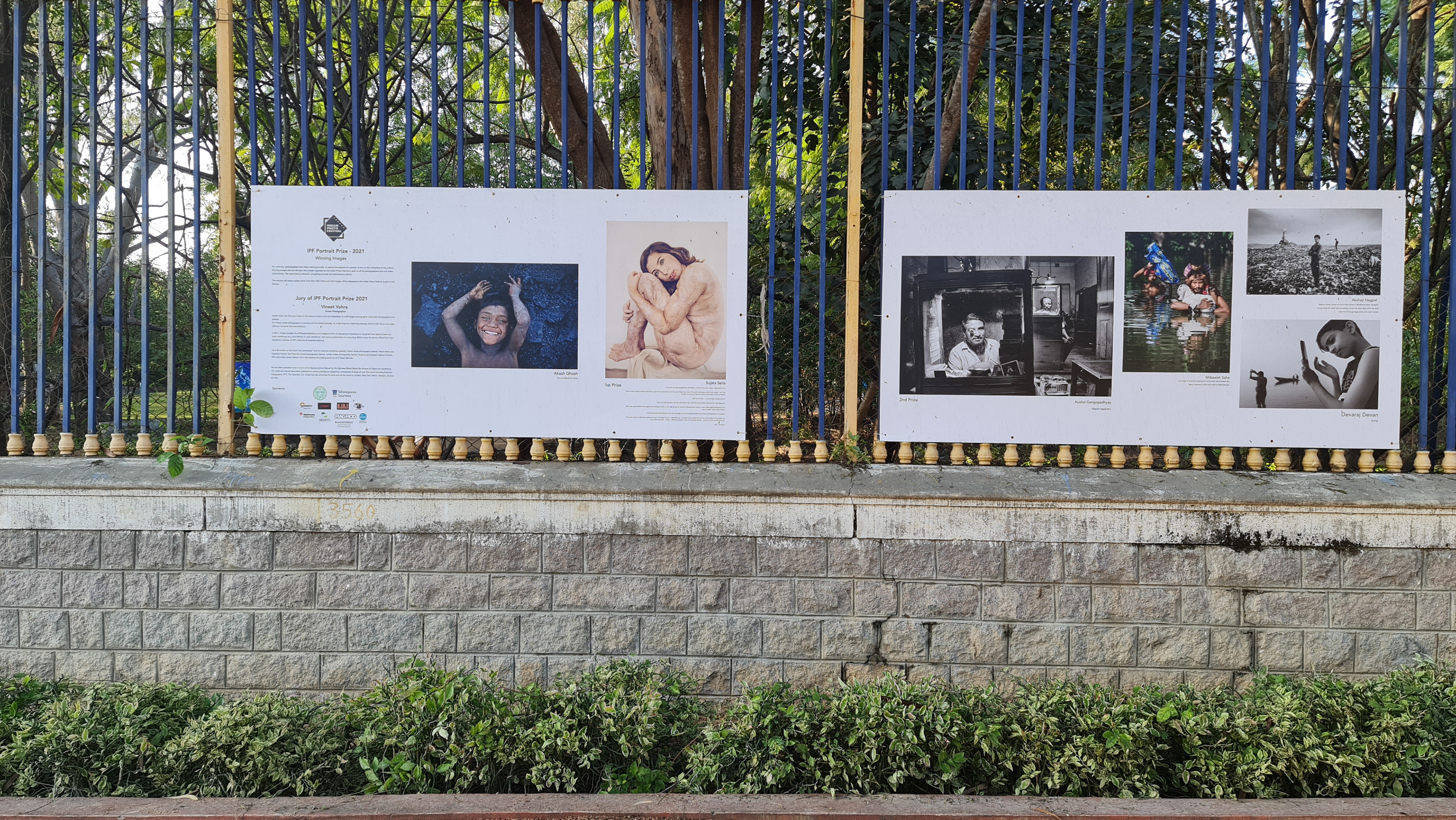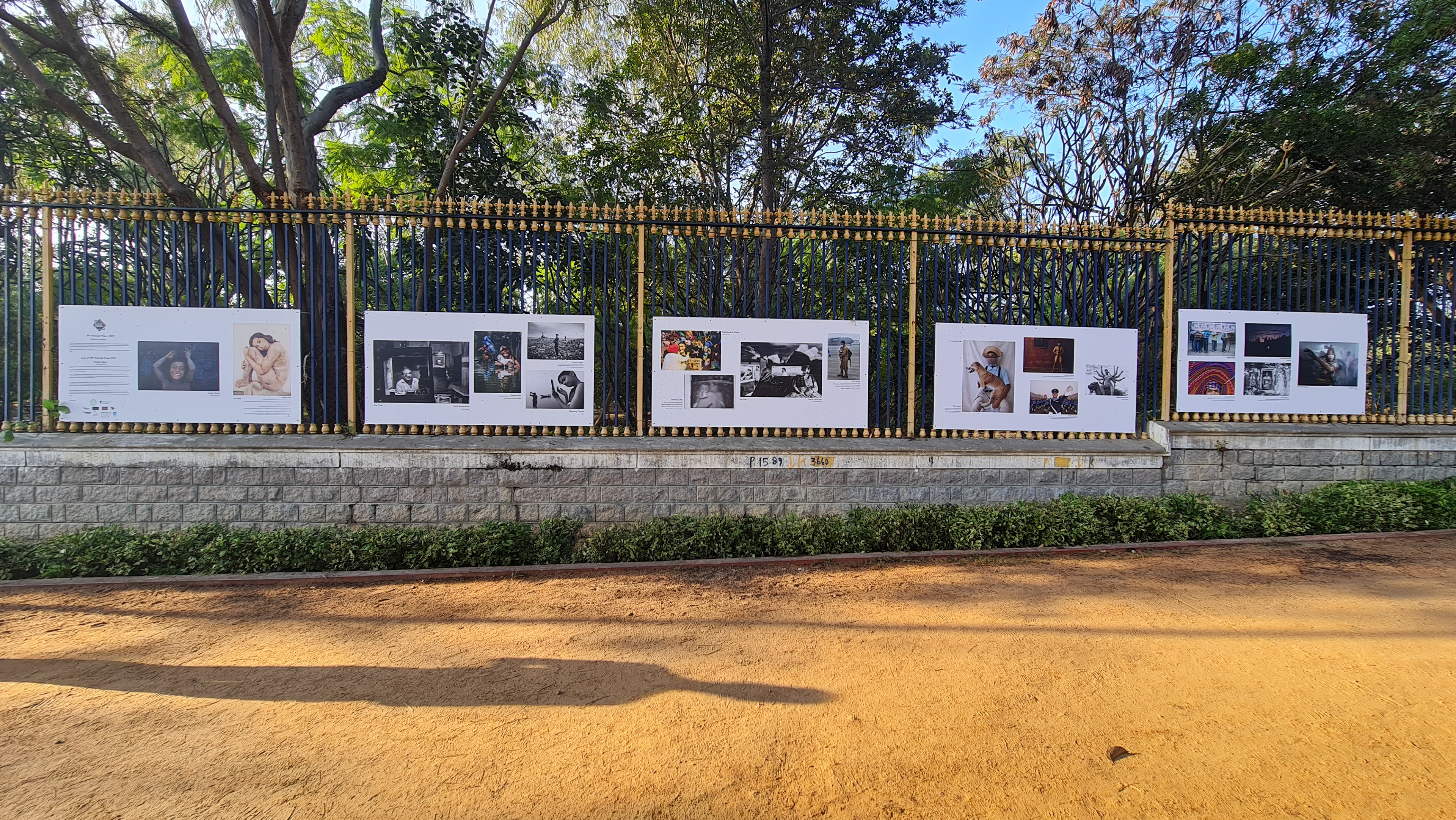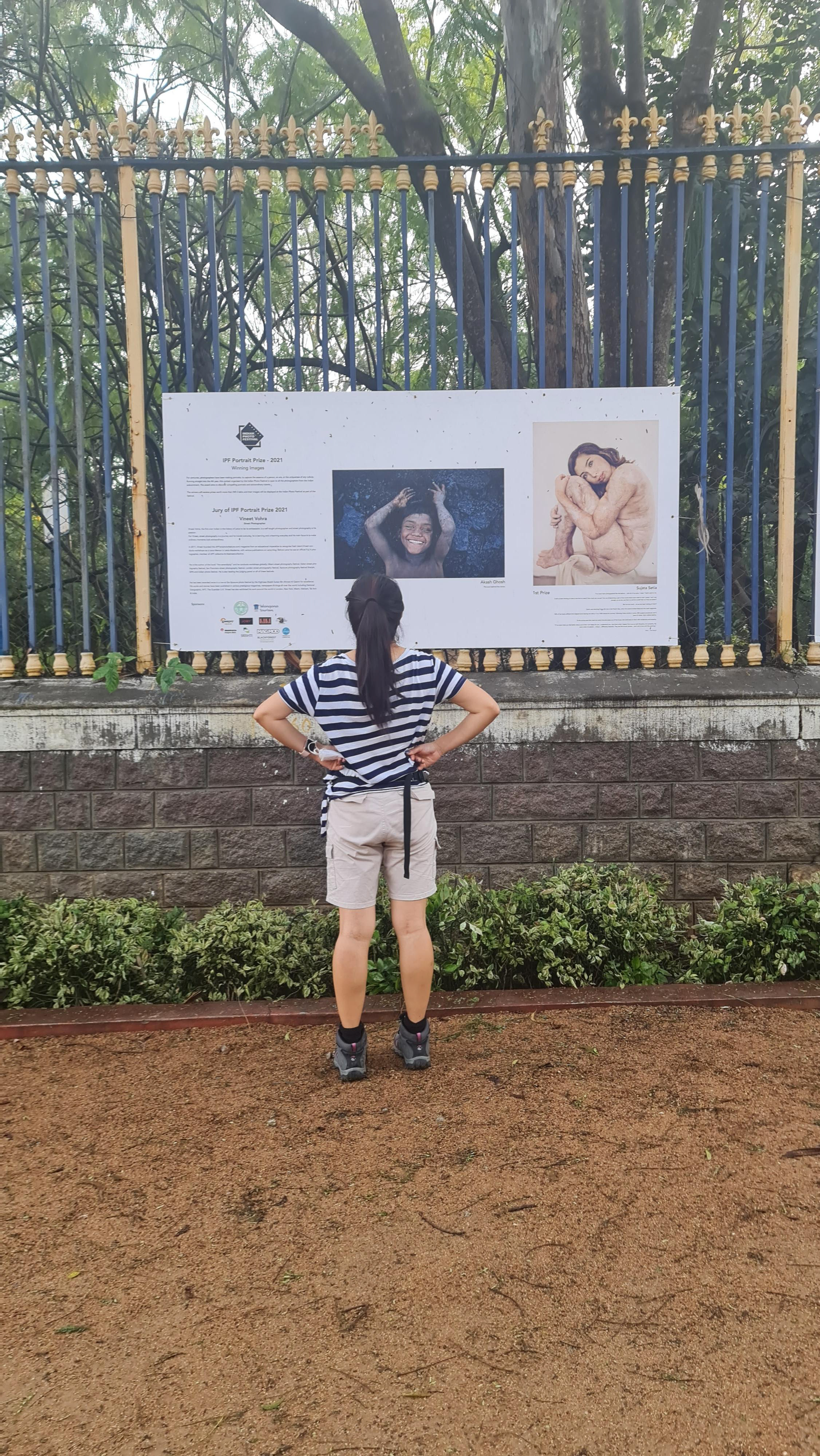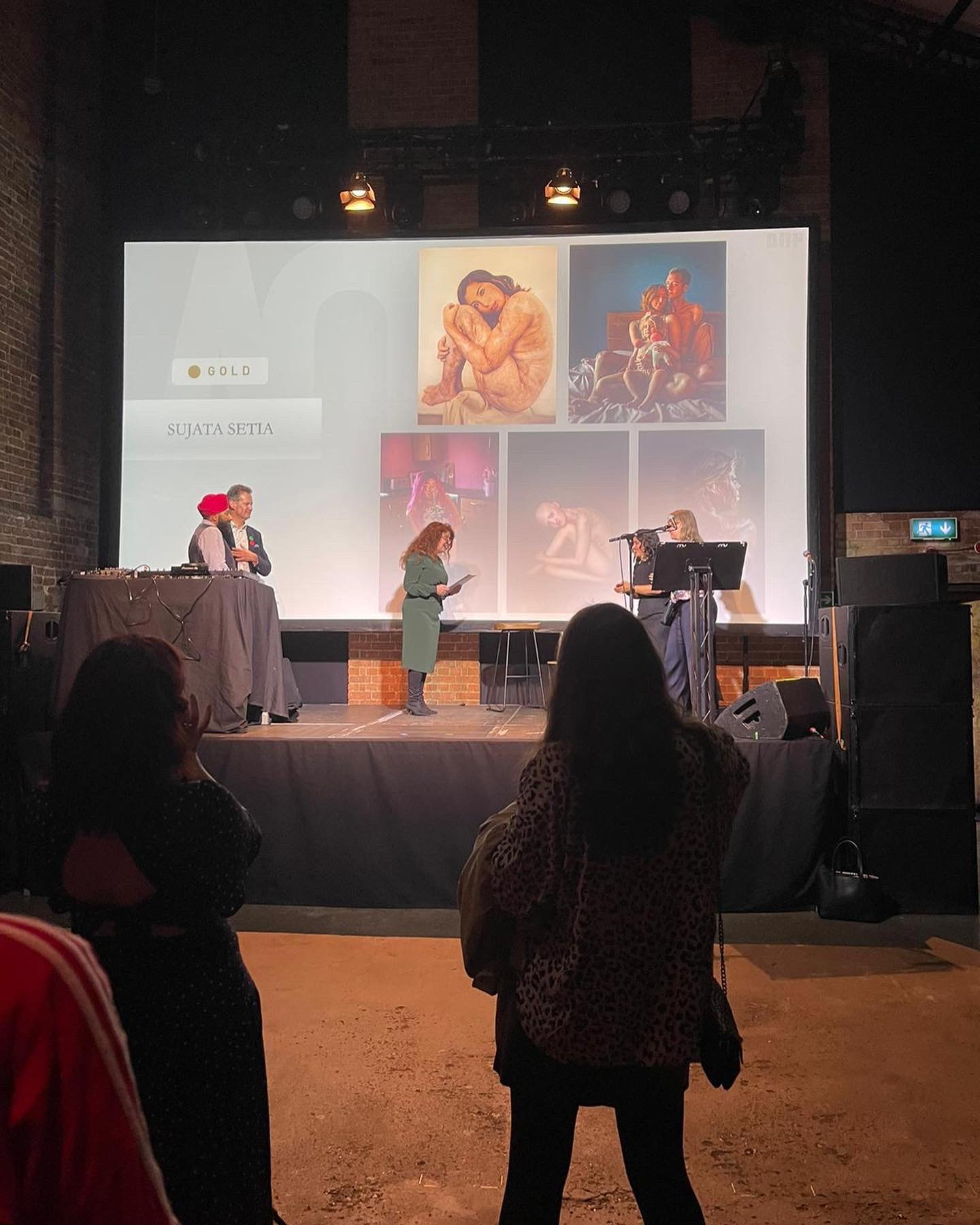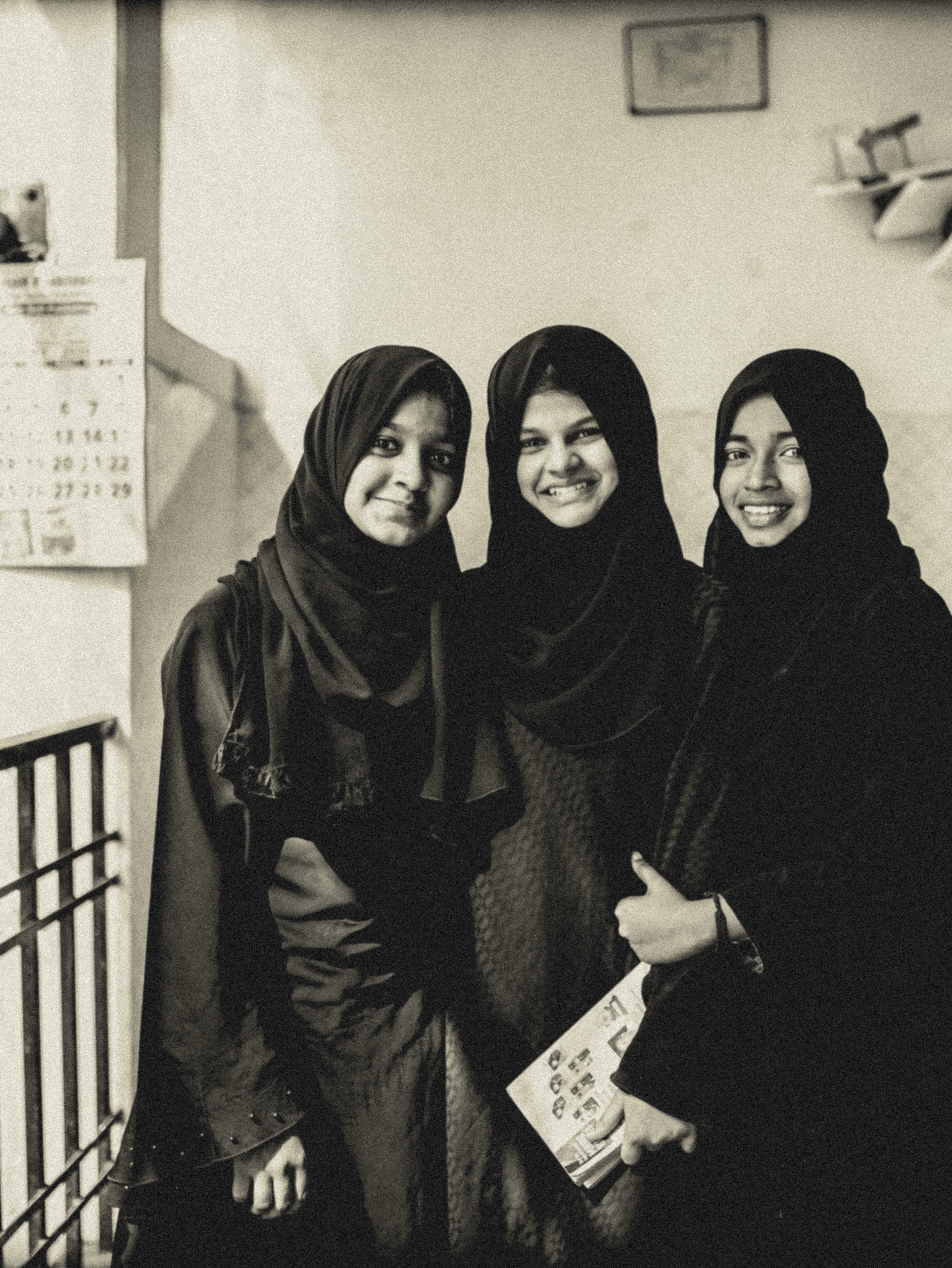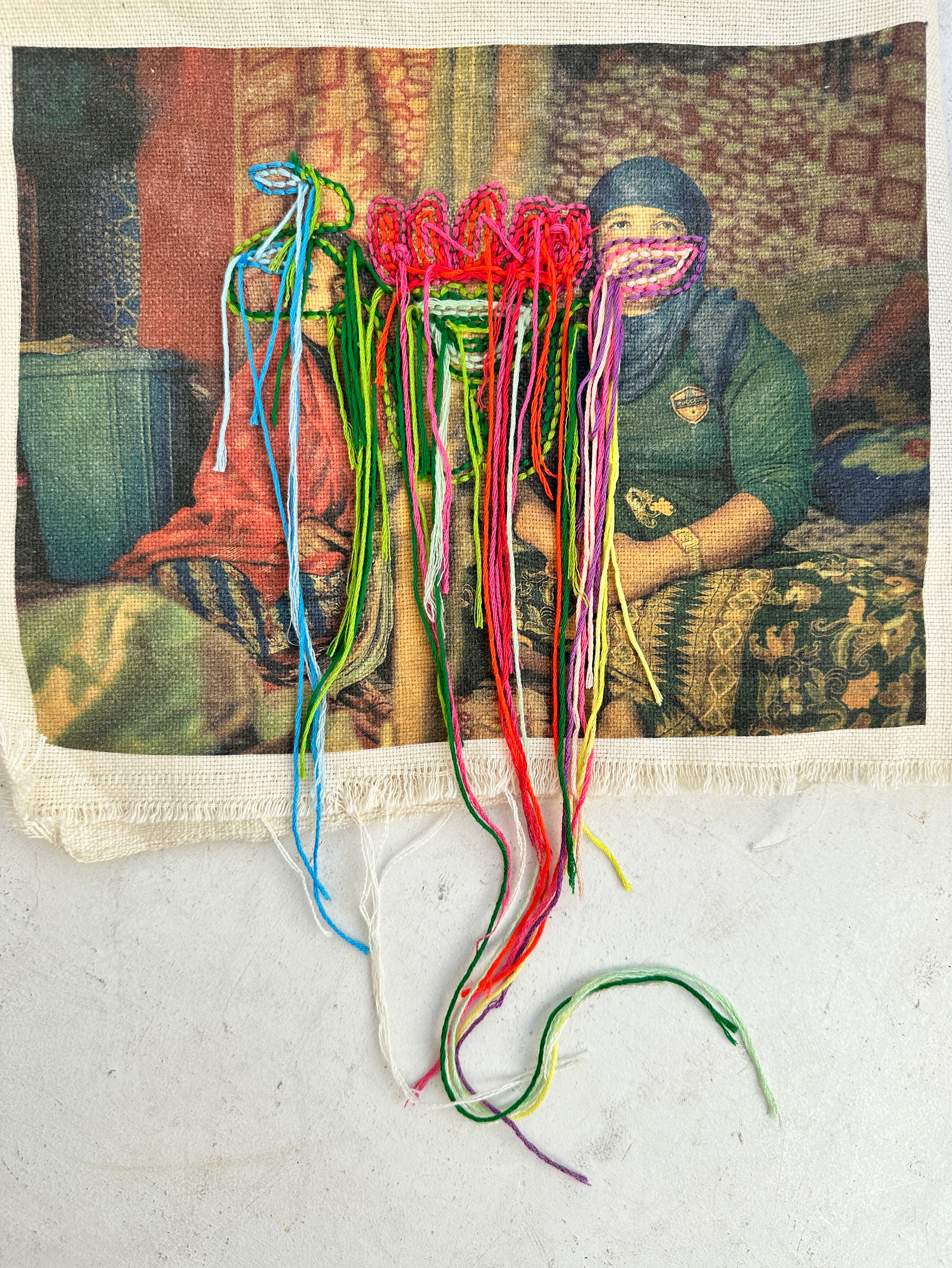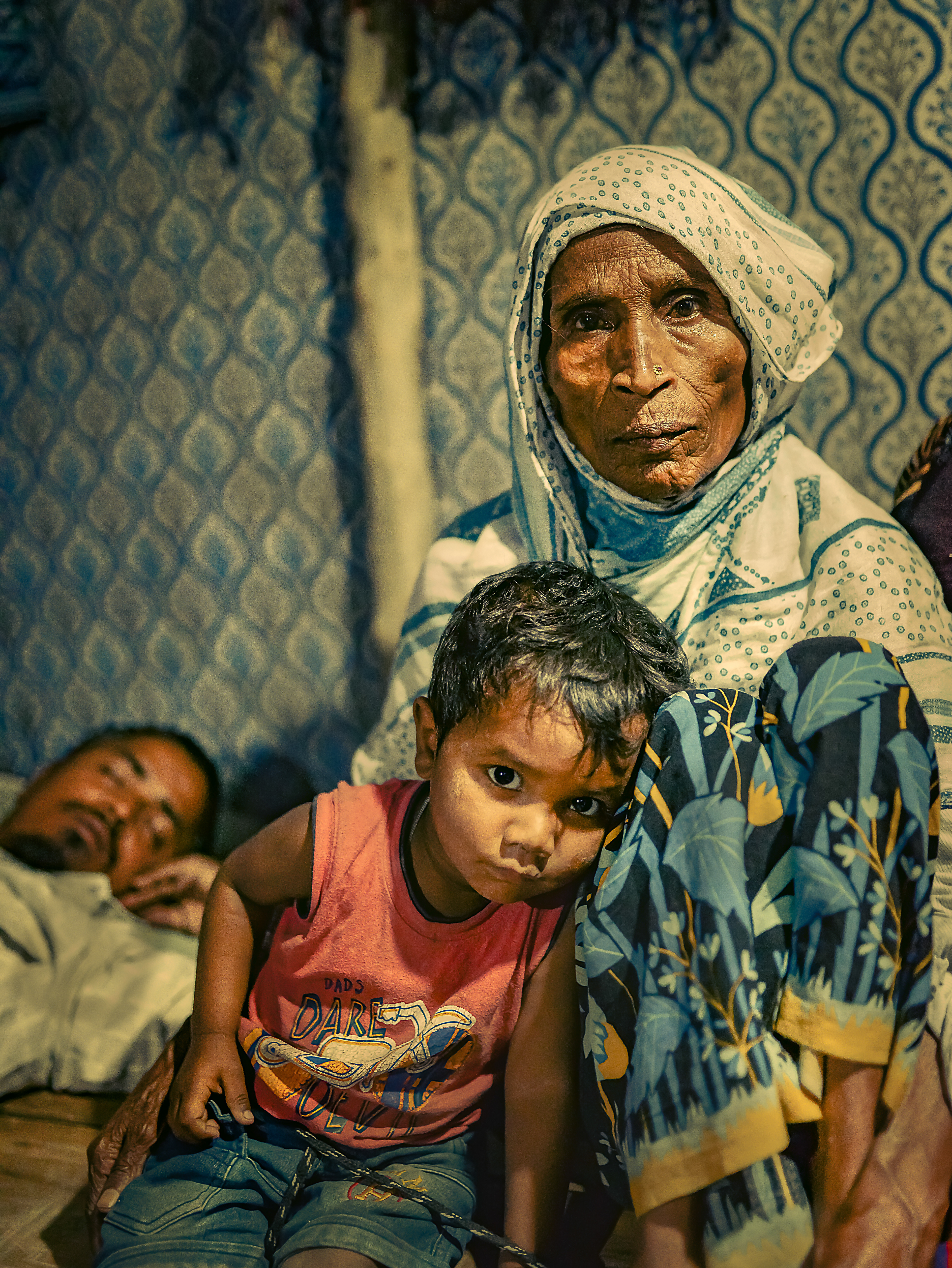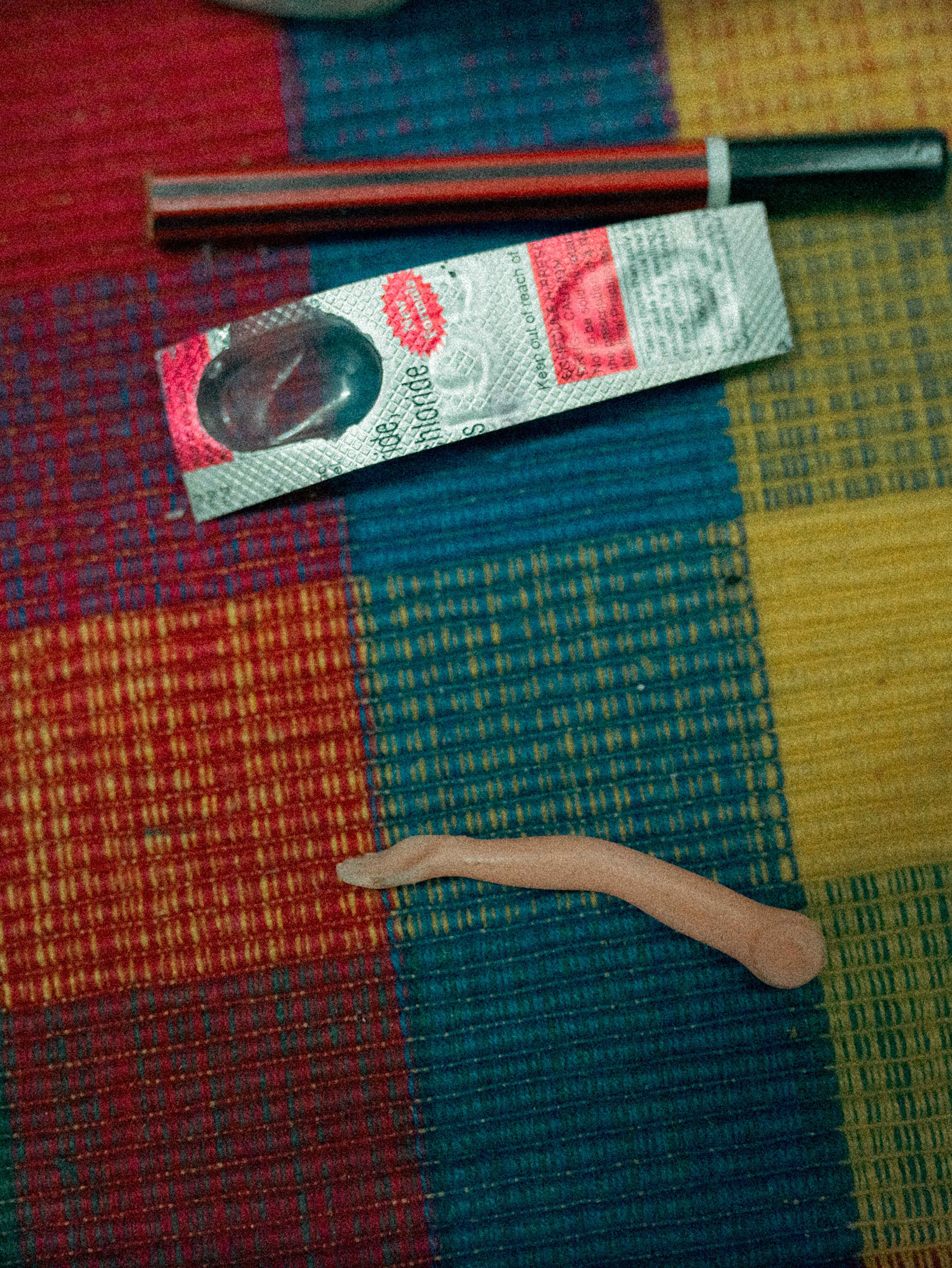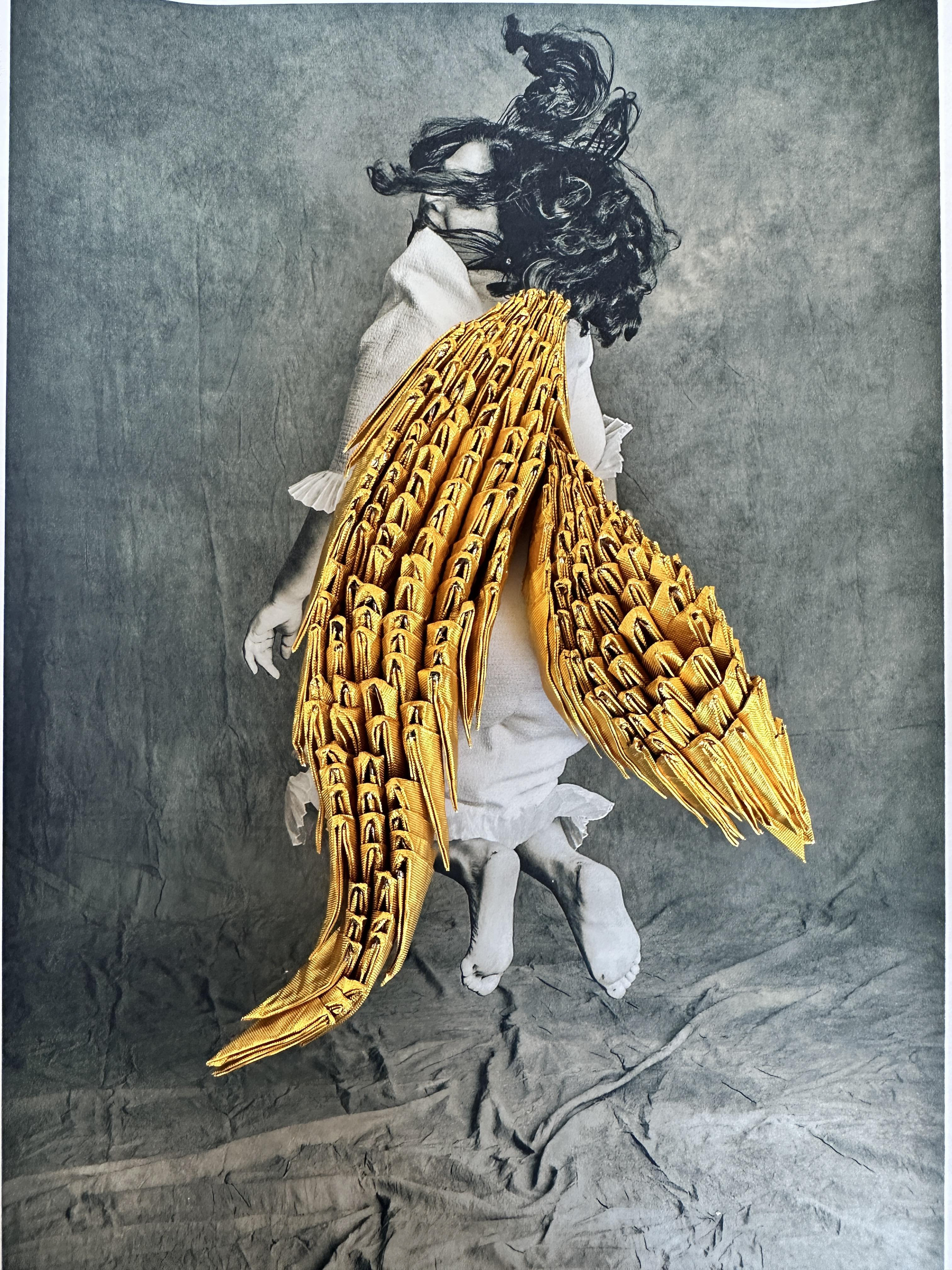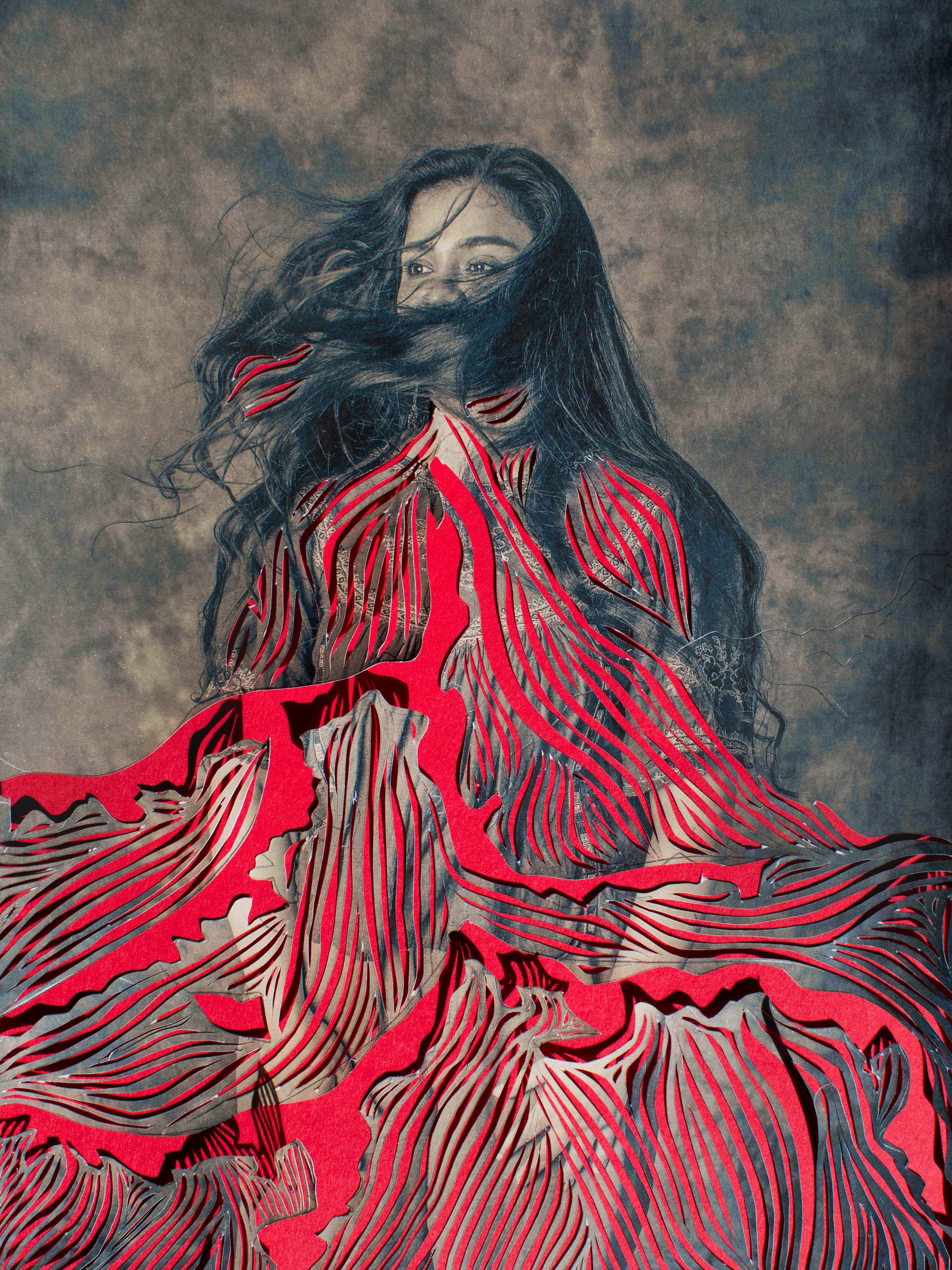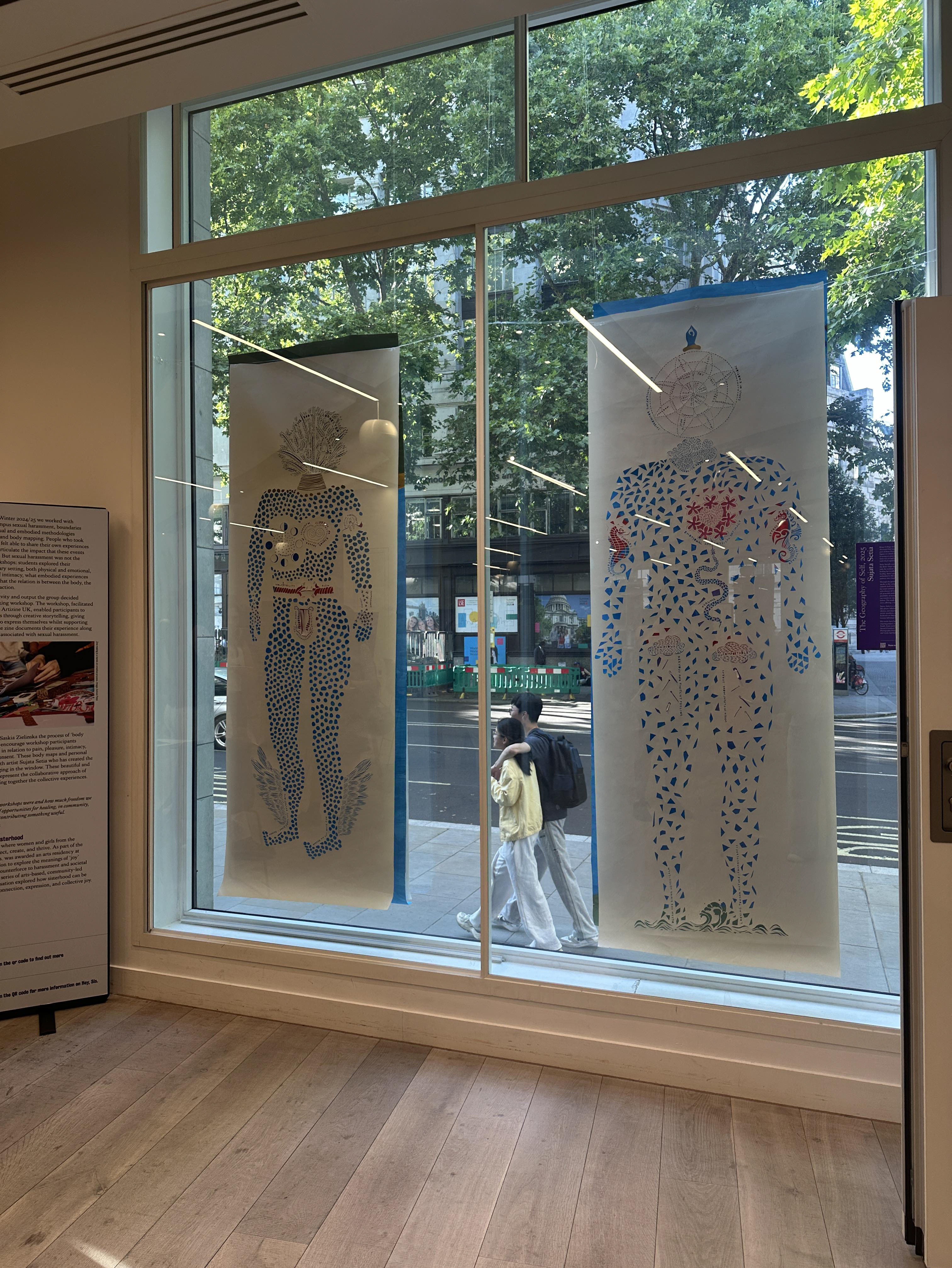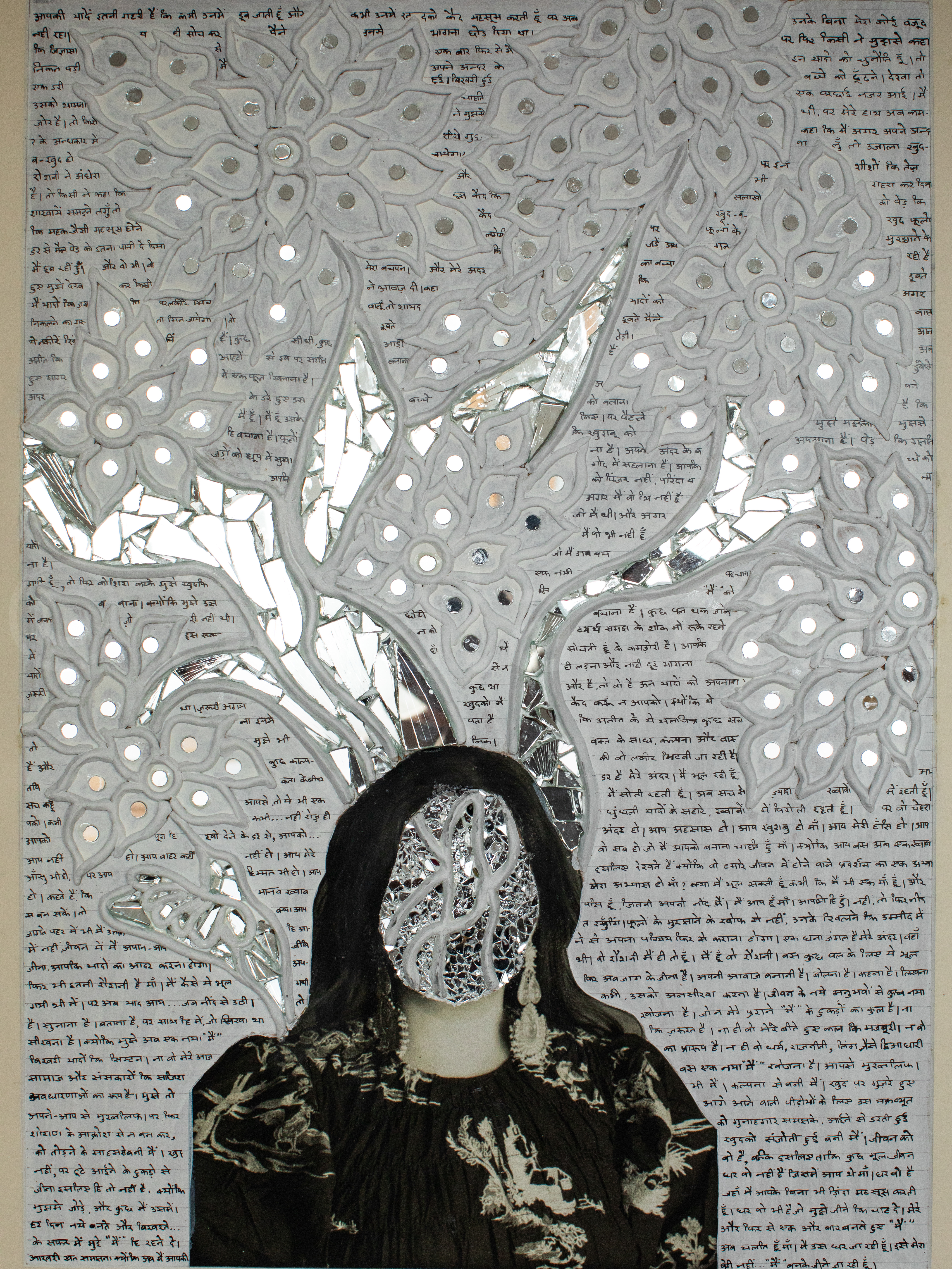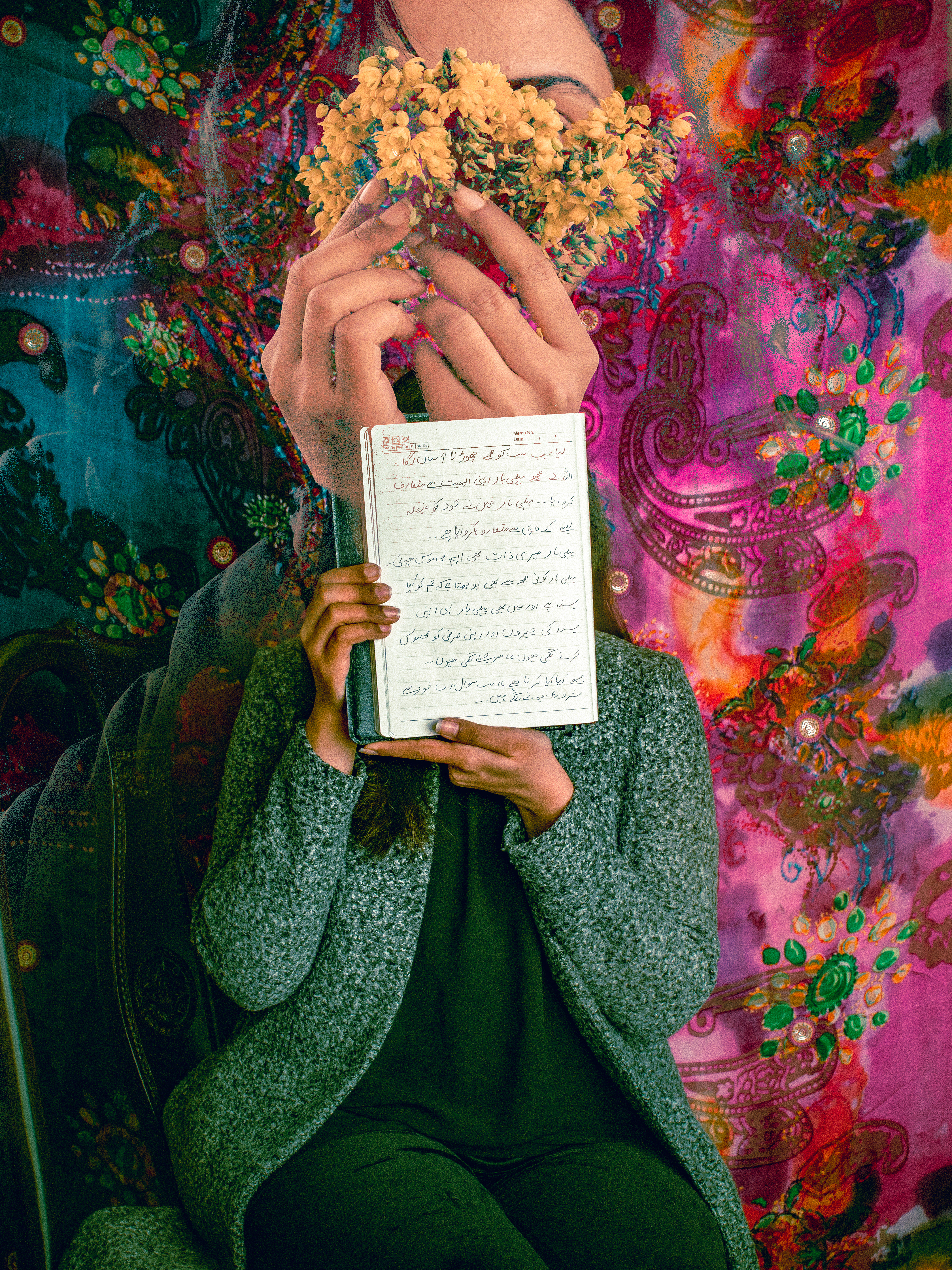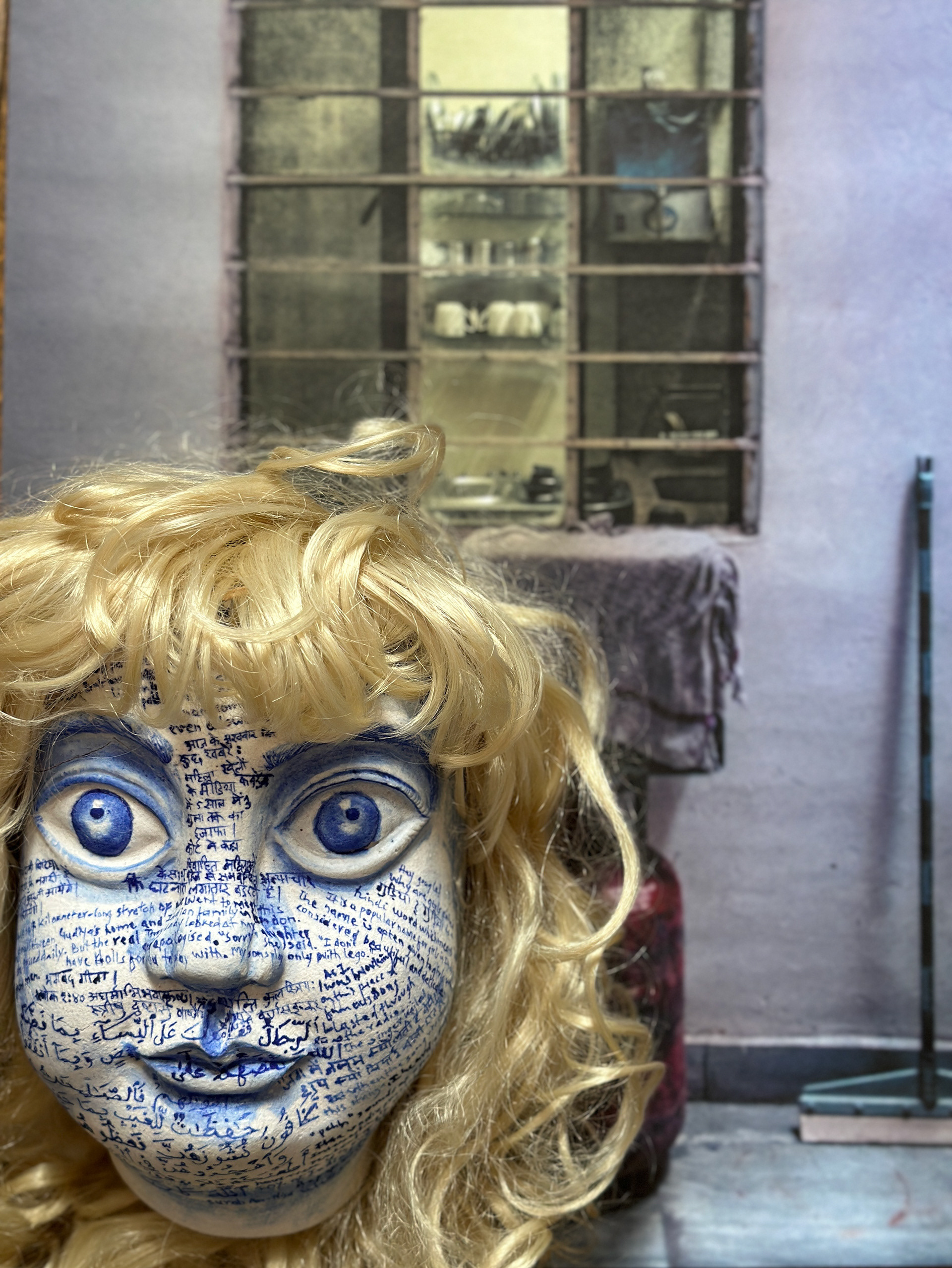Raiche

Catrin
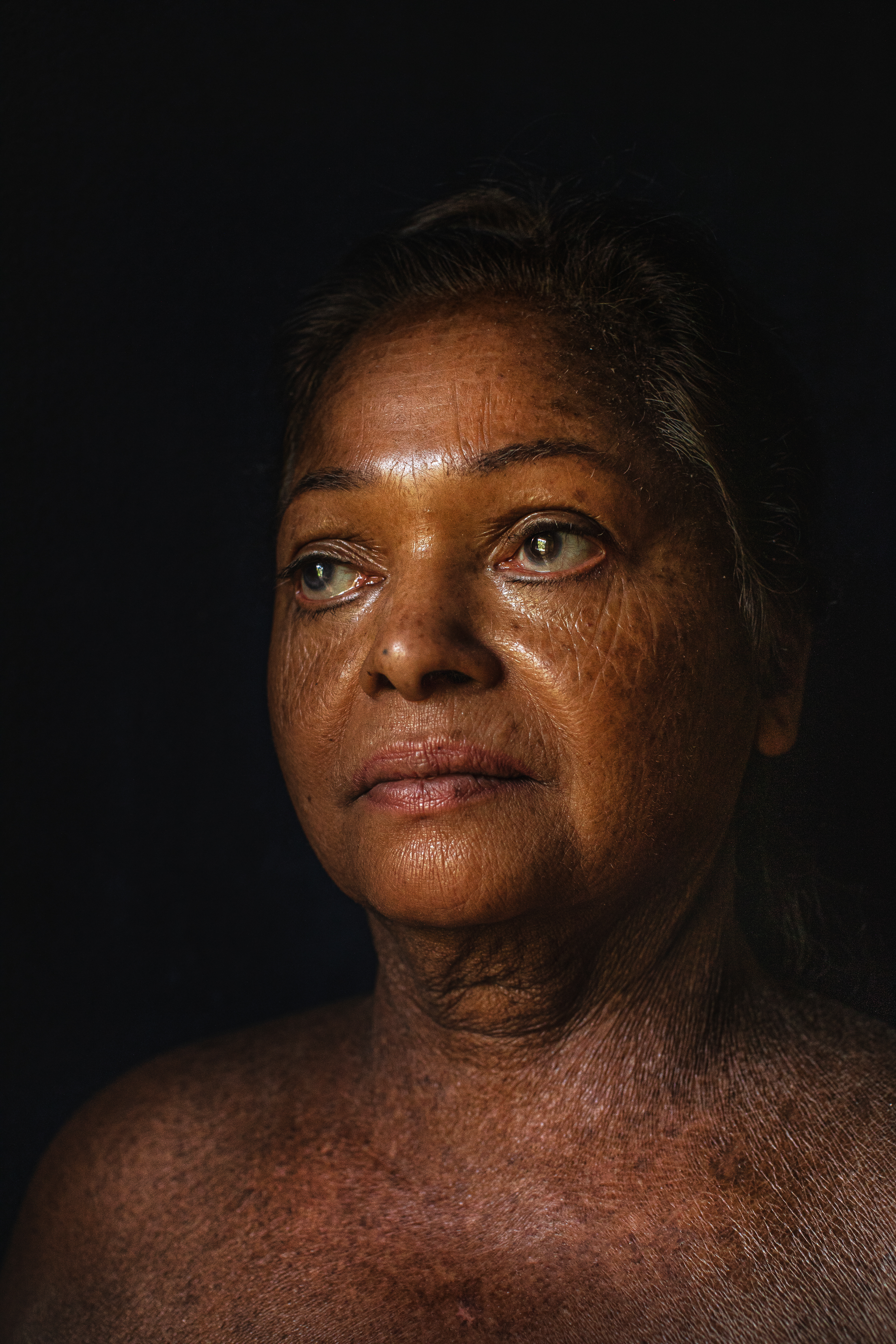
Christina
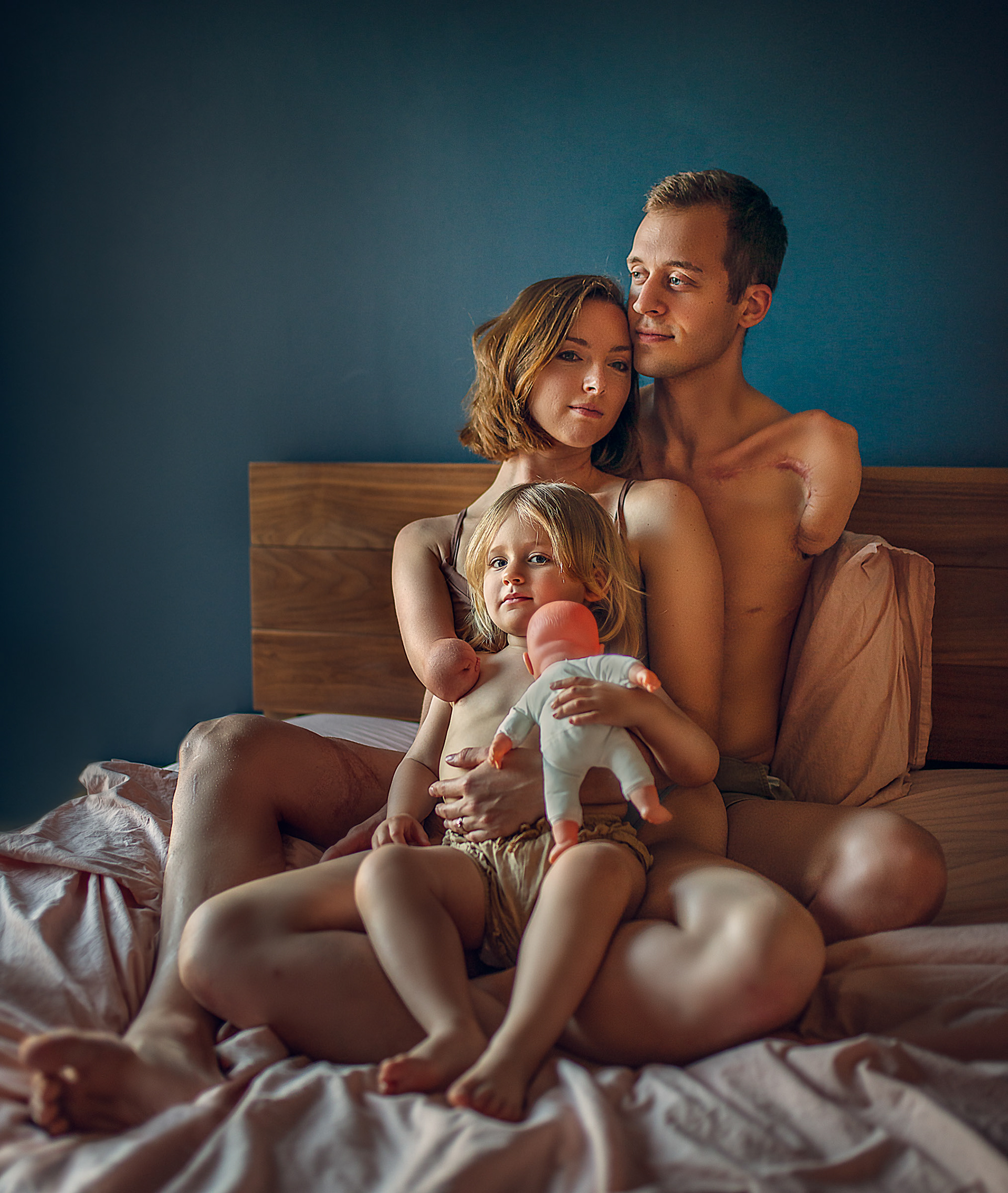
Ashley James and Elara

Hannah
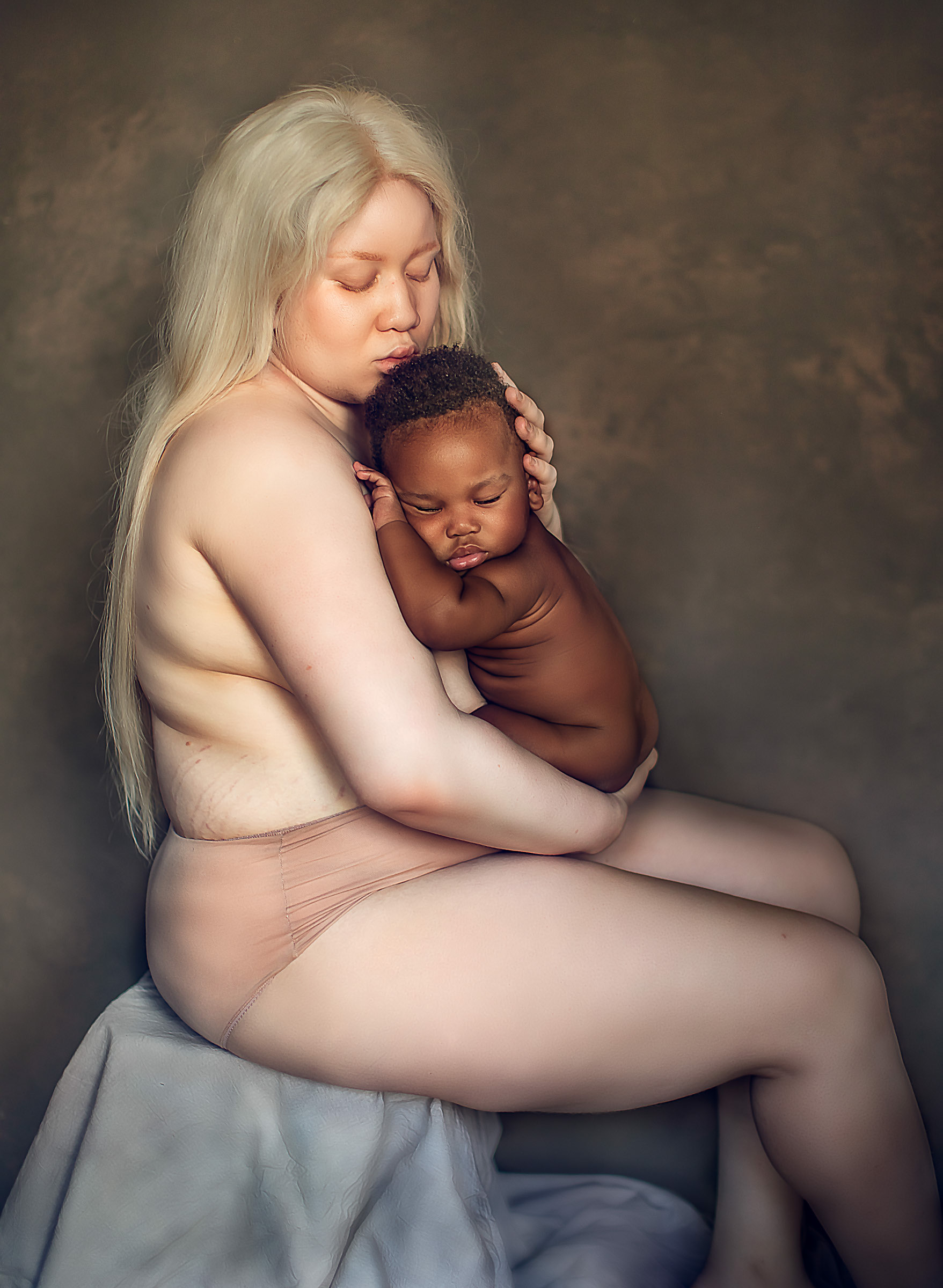
Amber

Anna
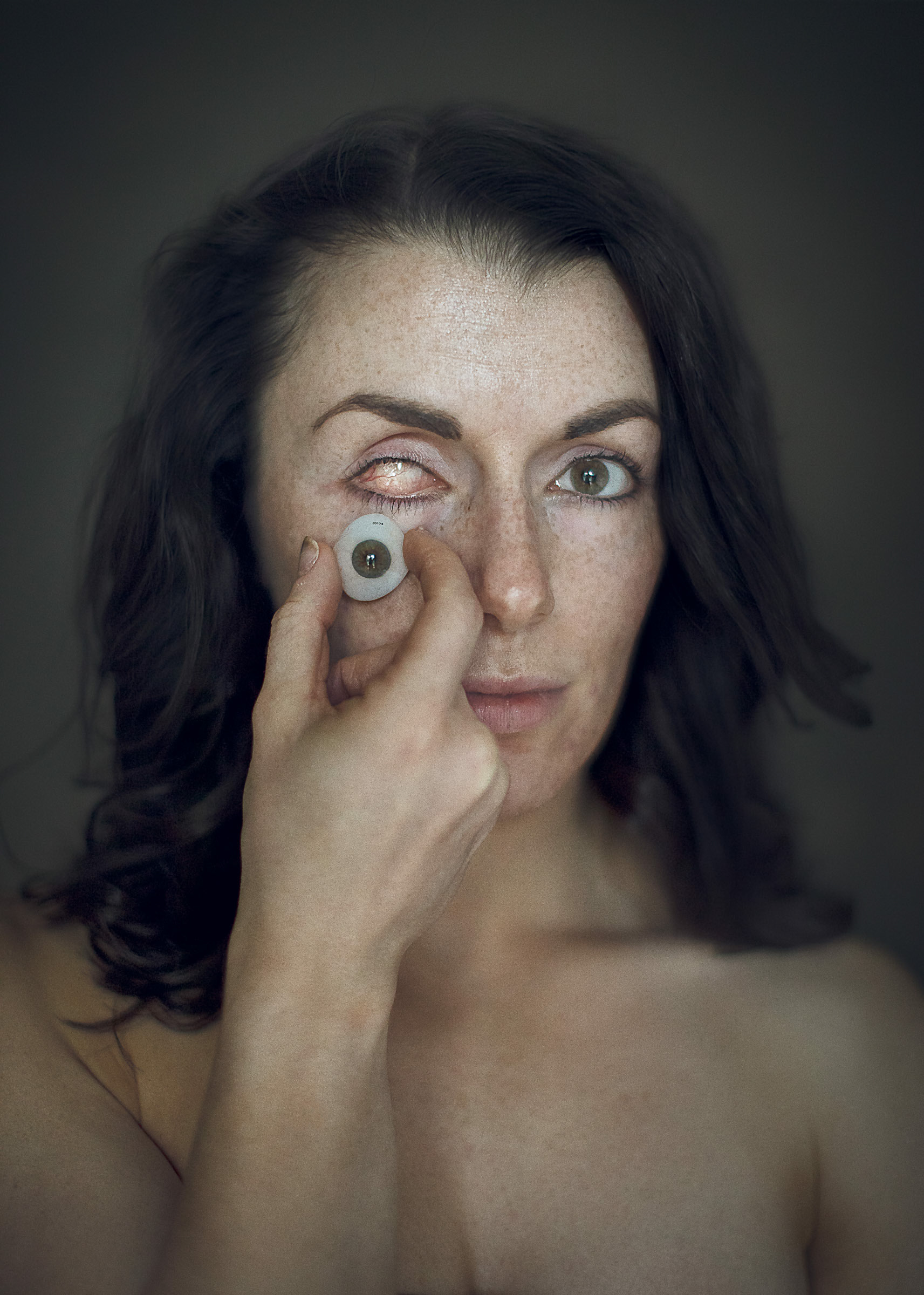
Hattie
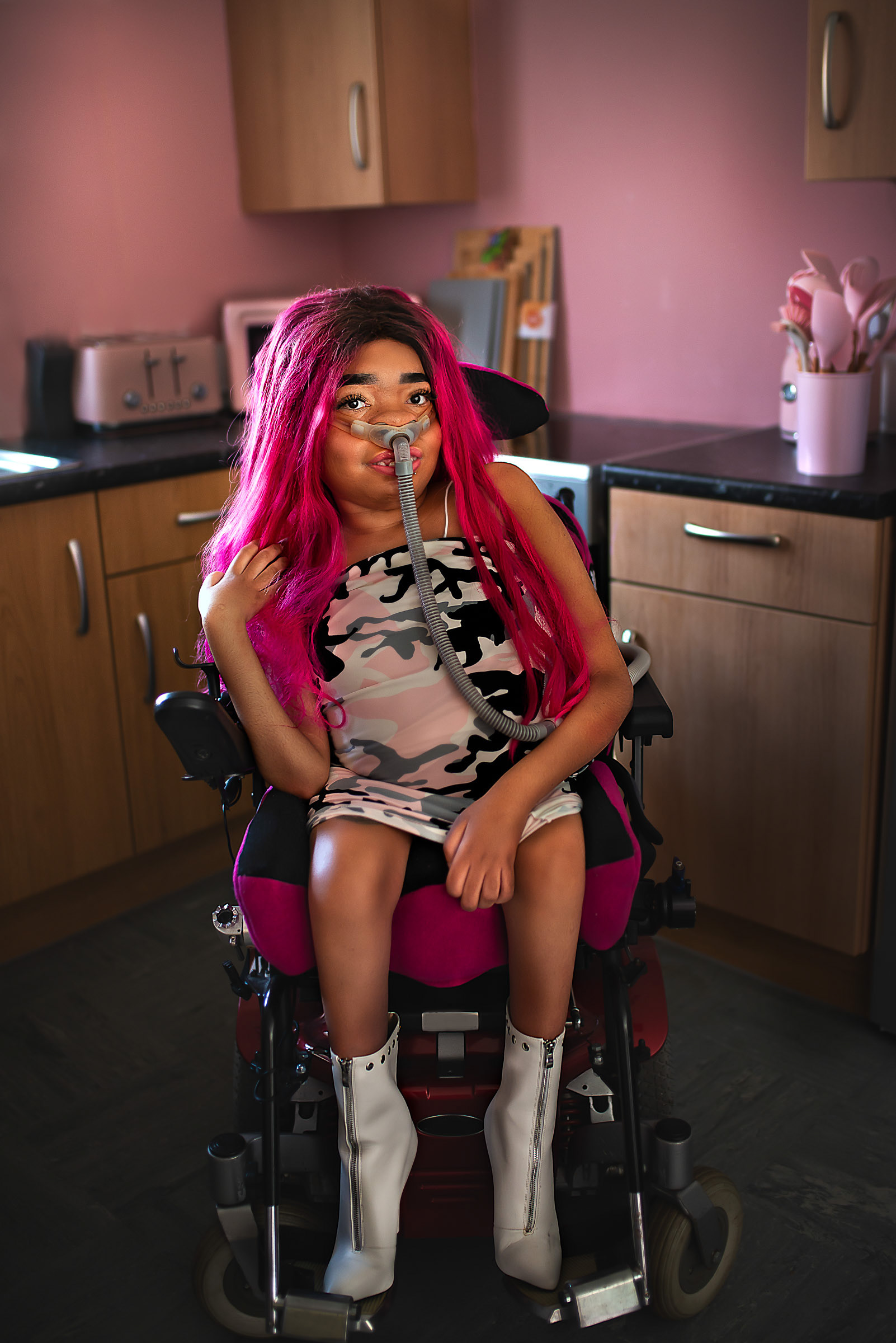
Shelby
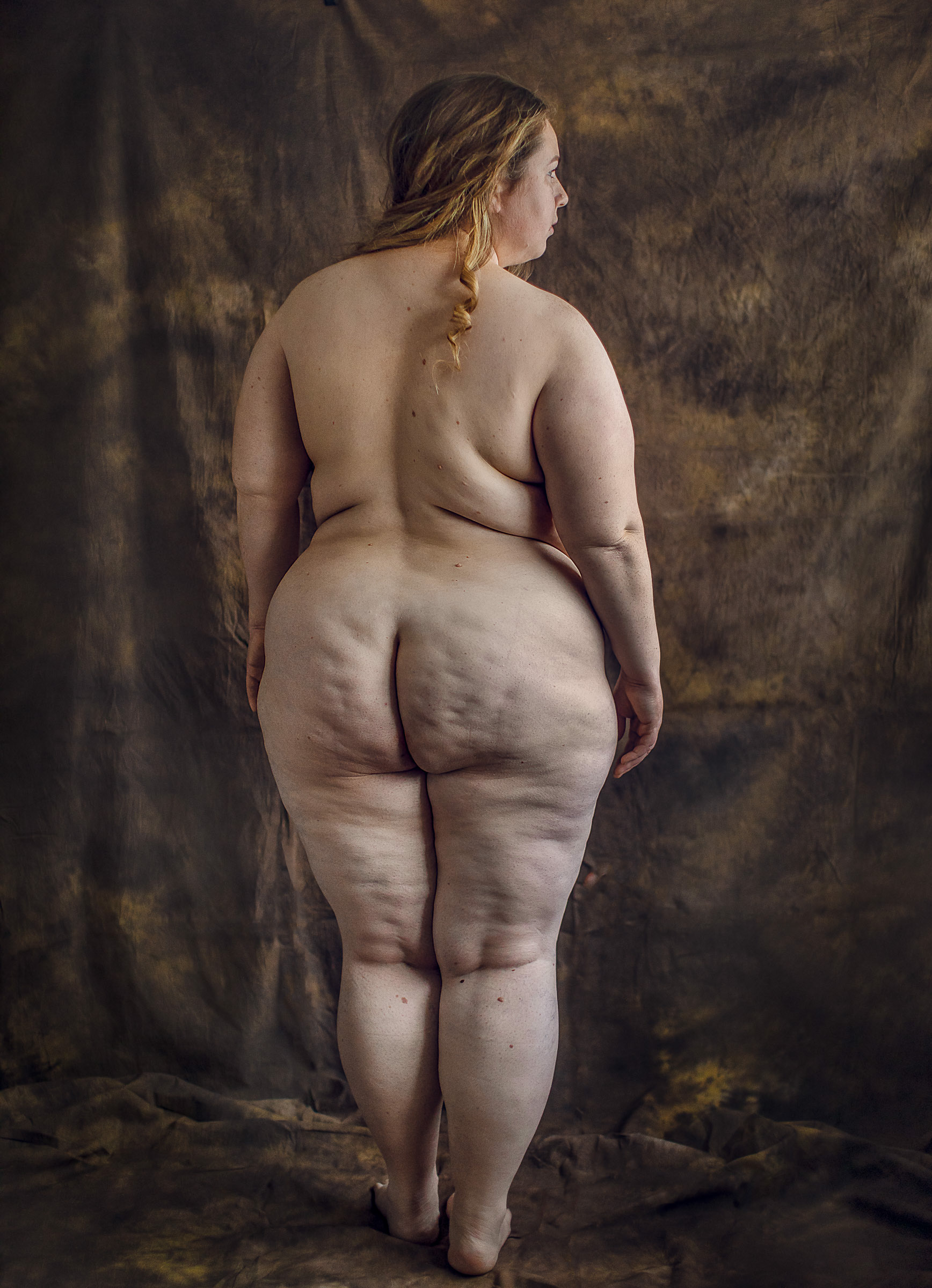
Anna
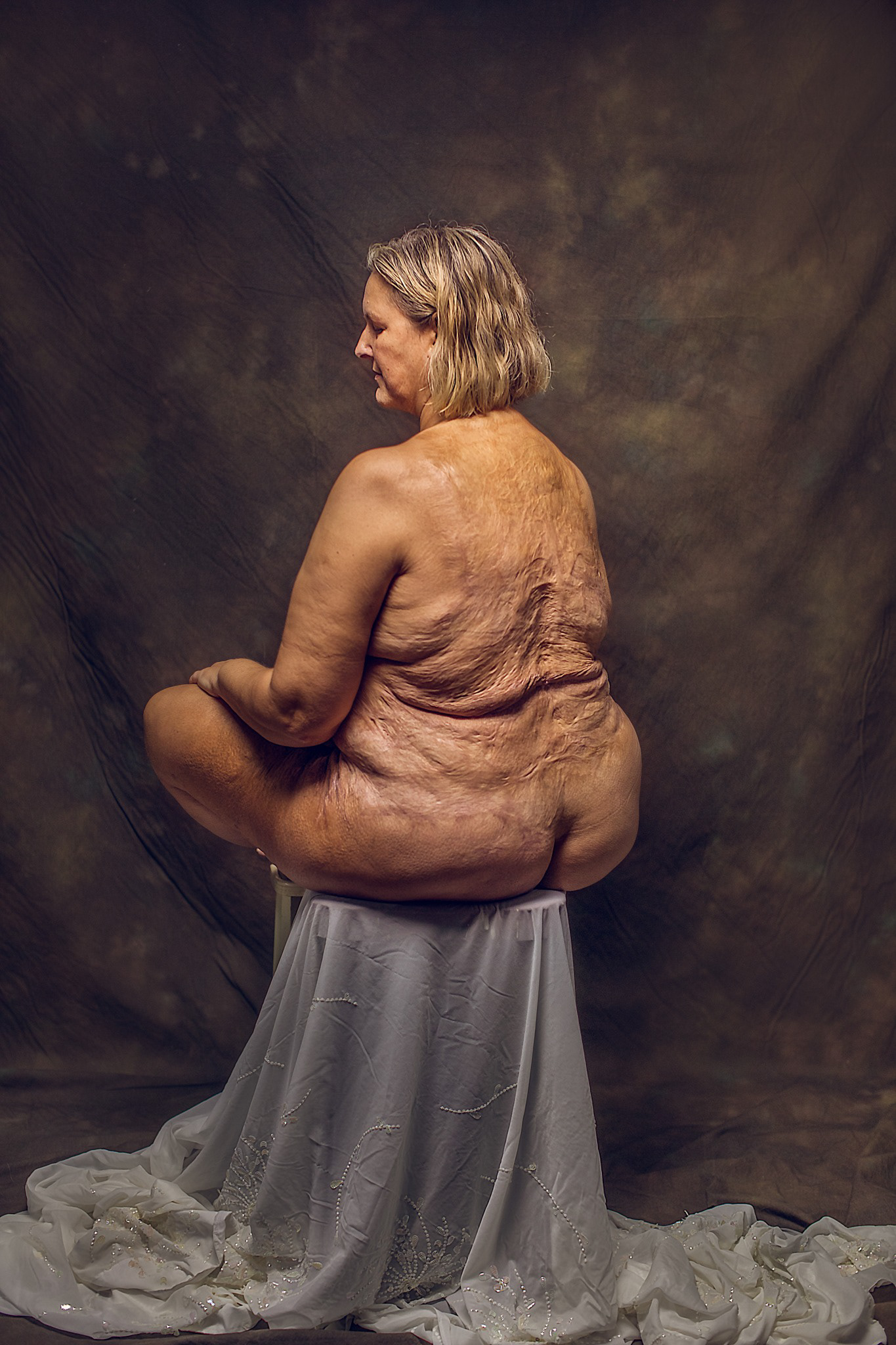
Sylvia
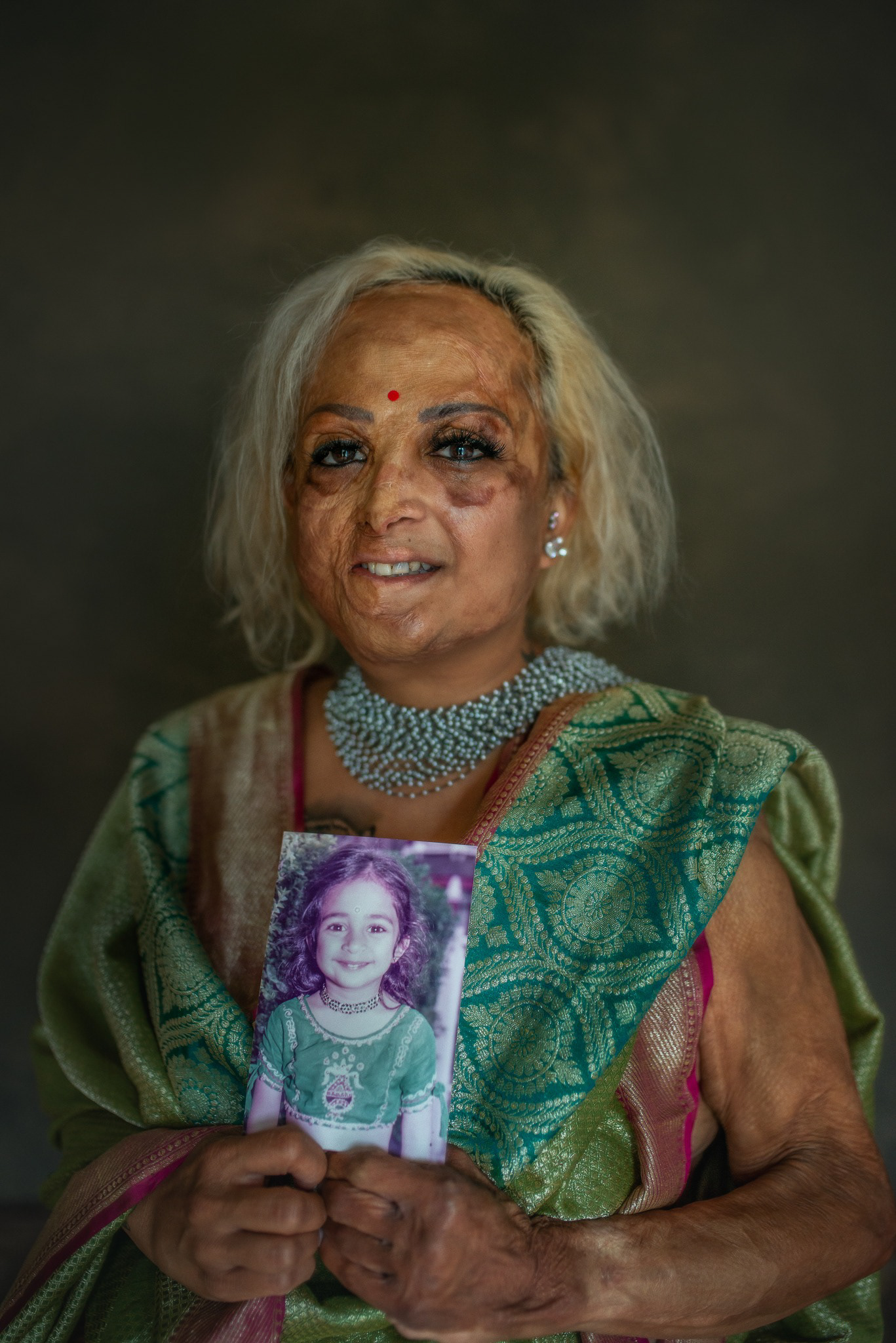
Tulsi
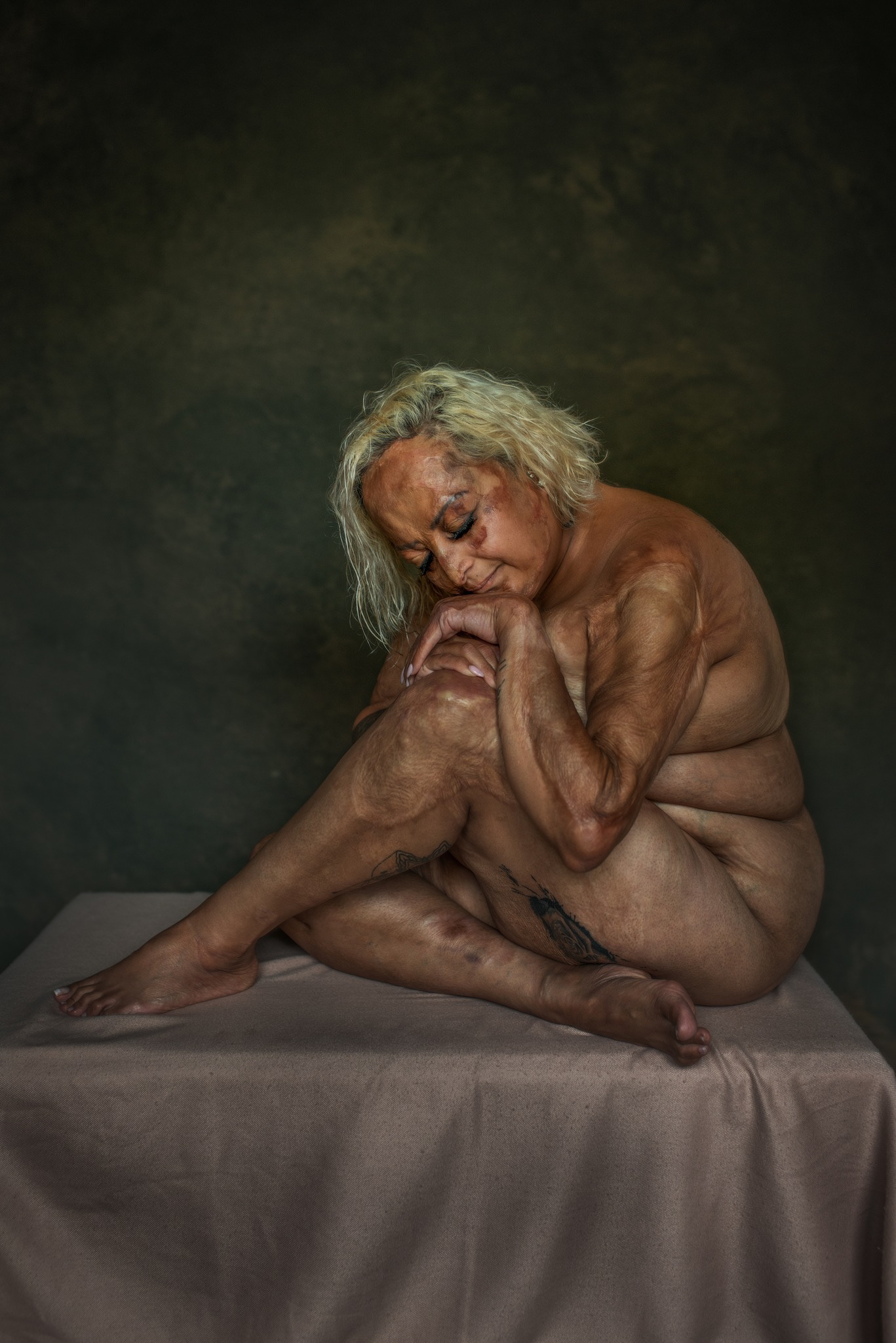
Tulsi
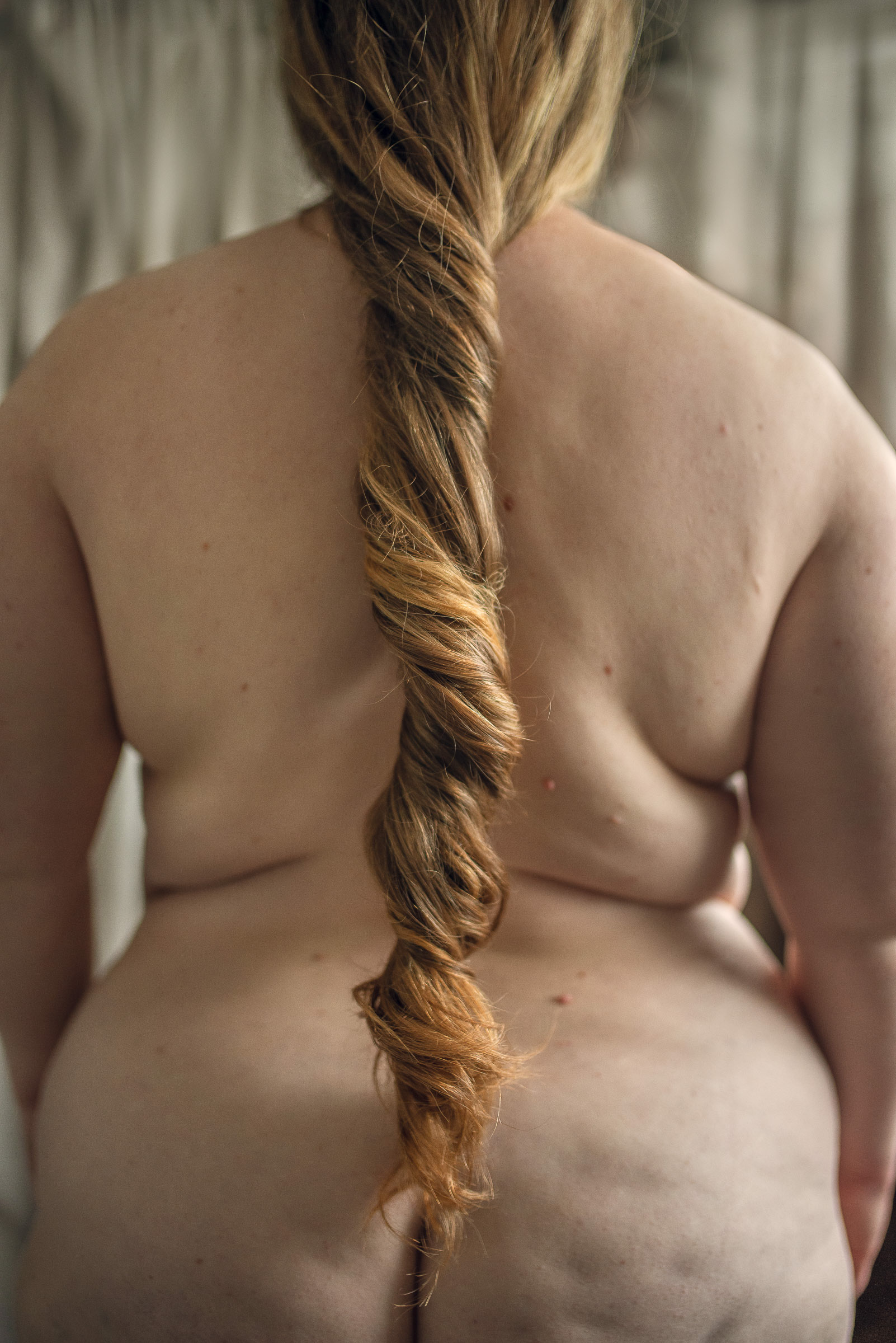
Anna
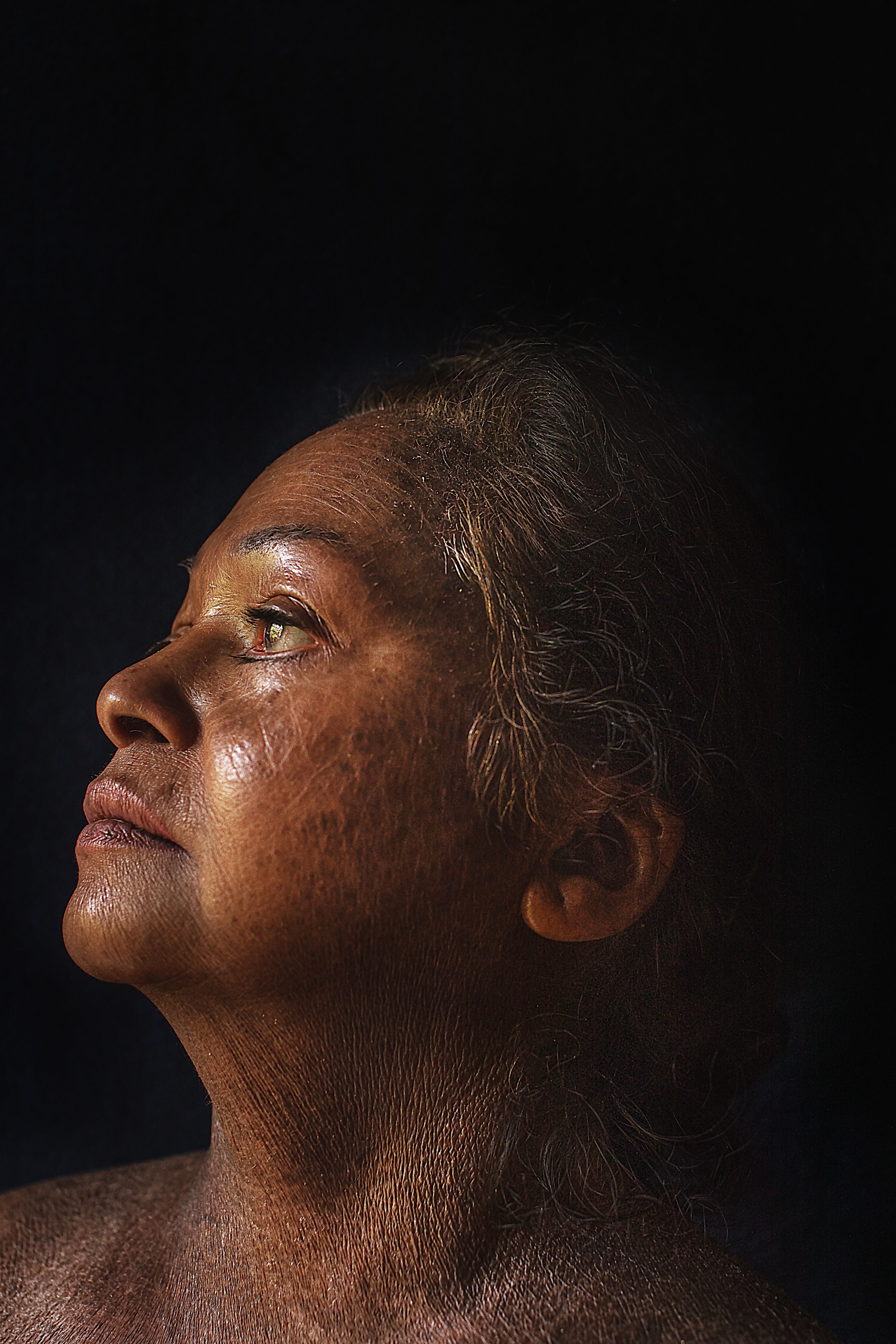
Christina
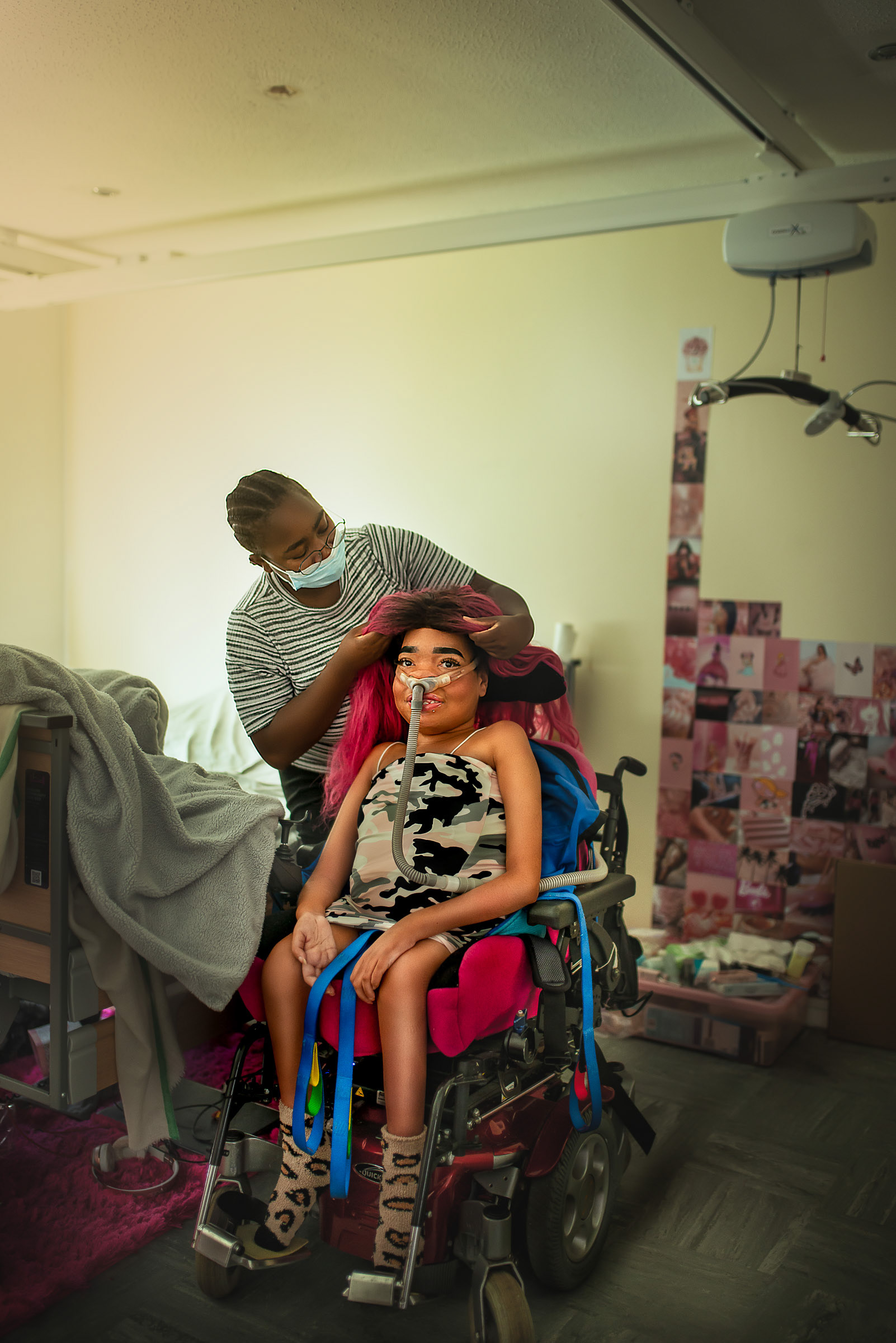
Shelby
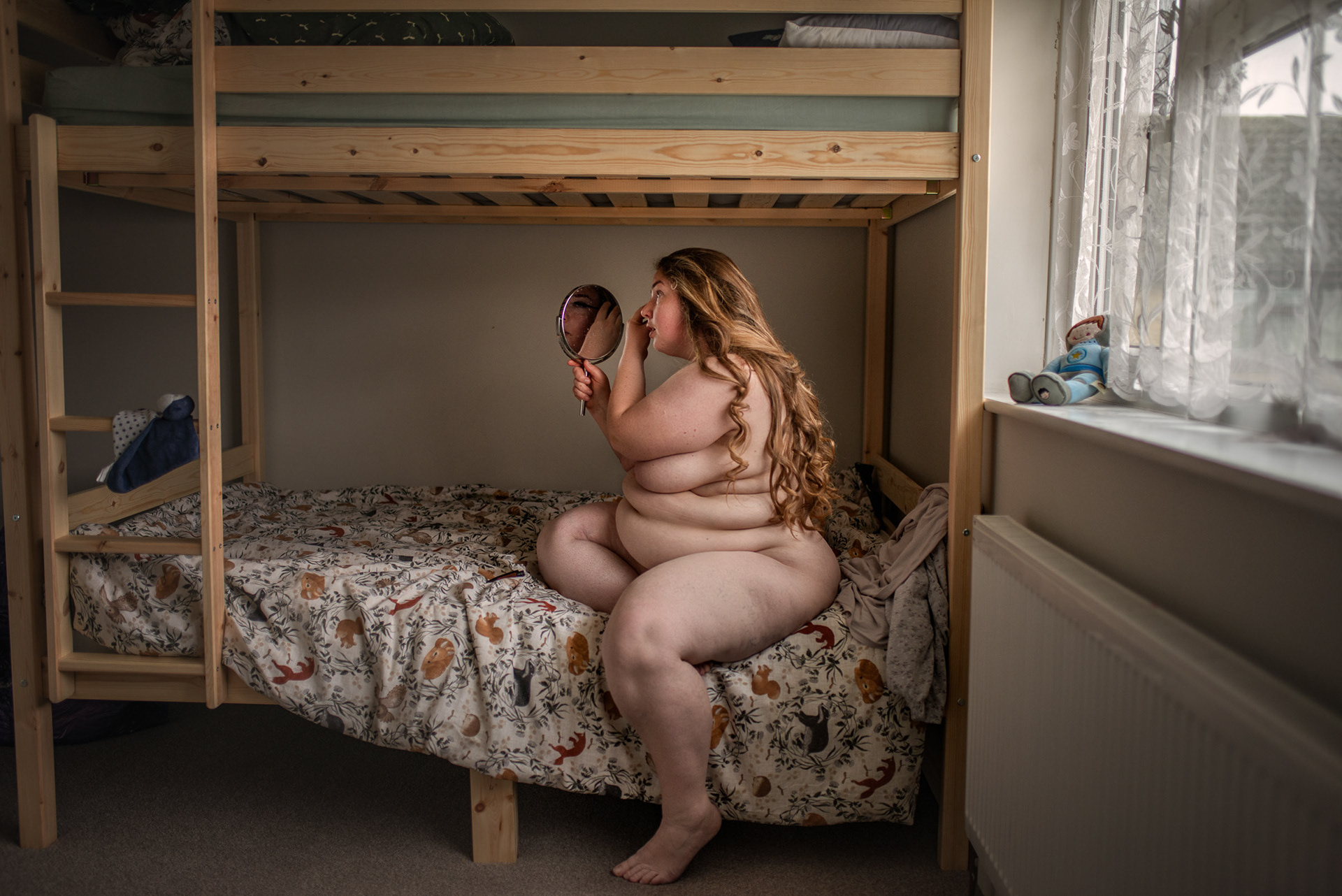
Anna
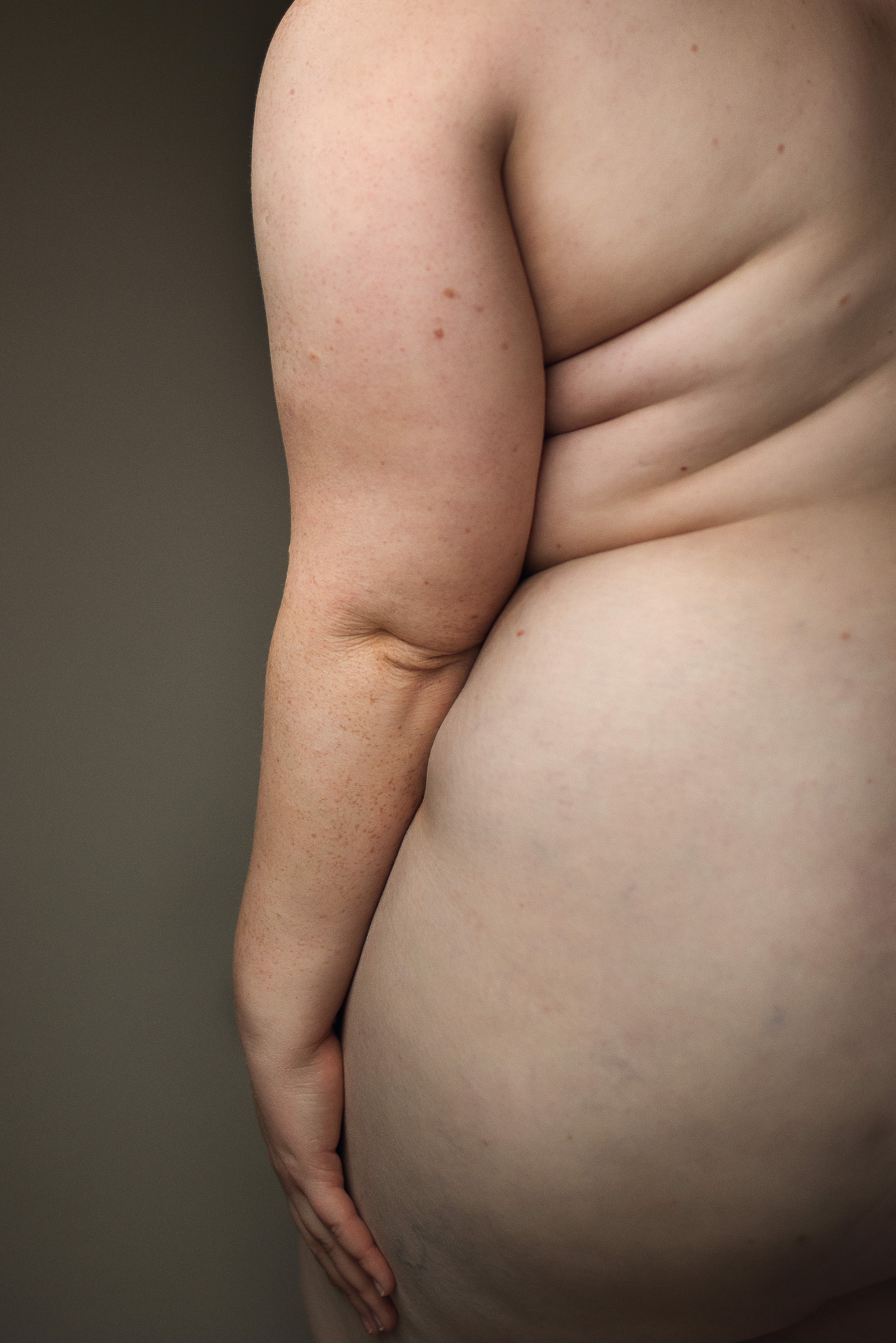
Anna

Anna
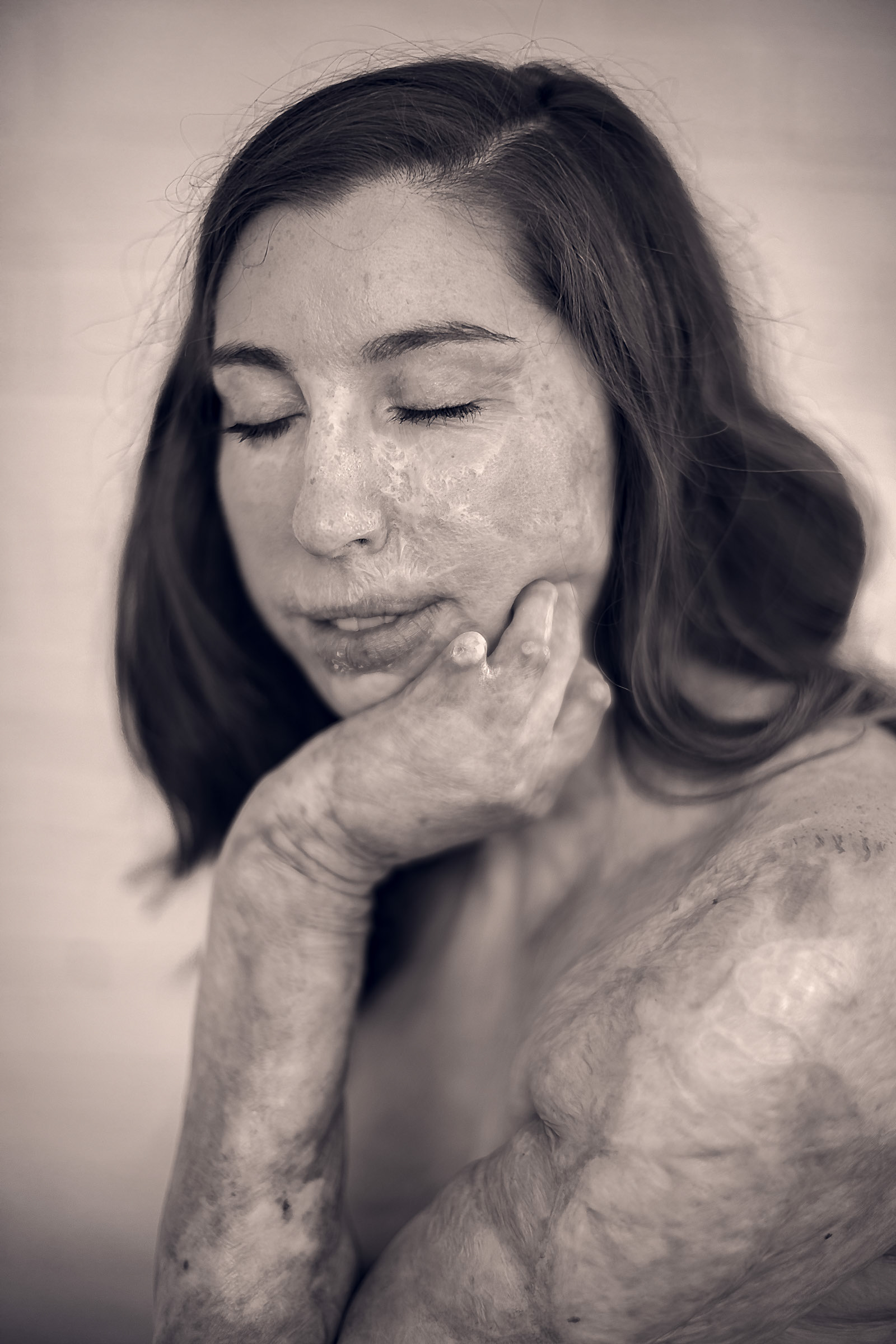
Catrin

Catrin
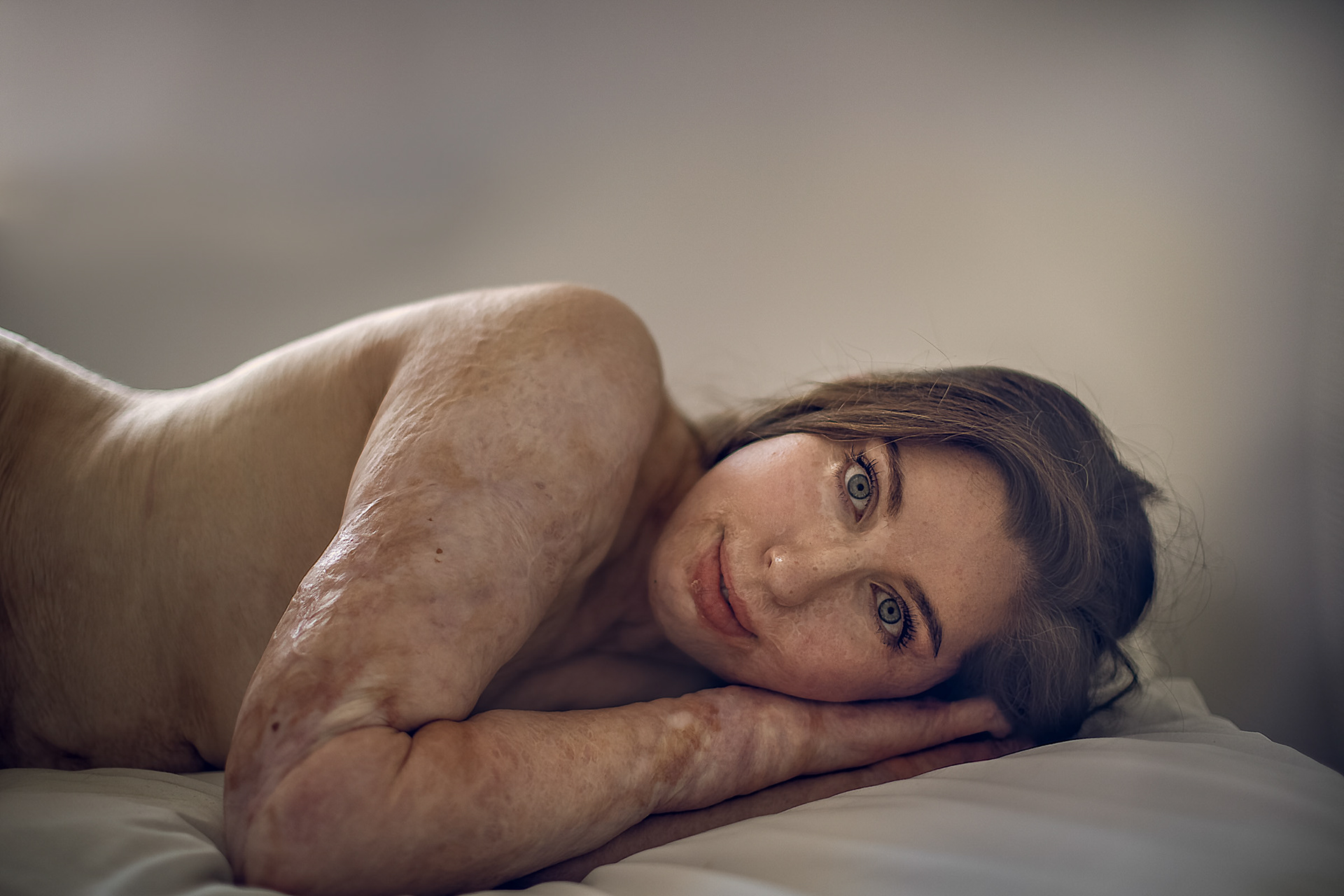
Catrin

Hattie

Hattie
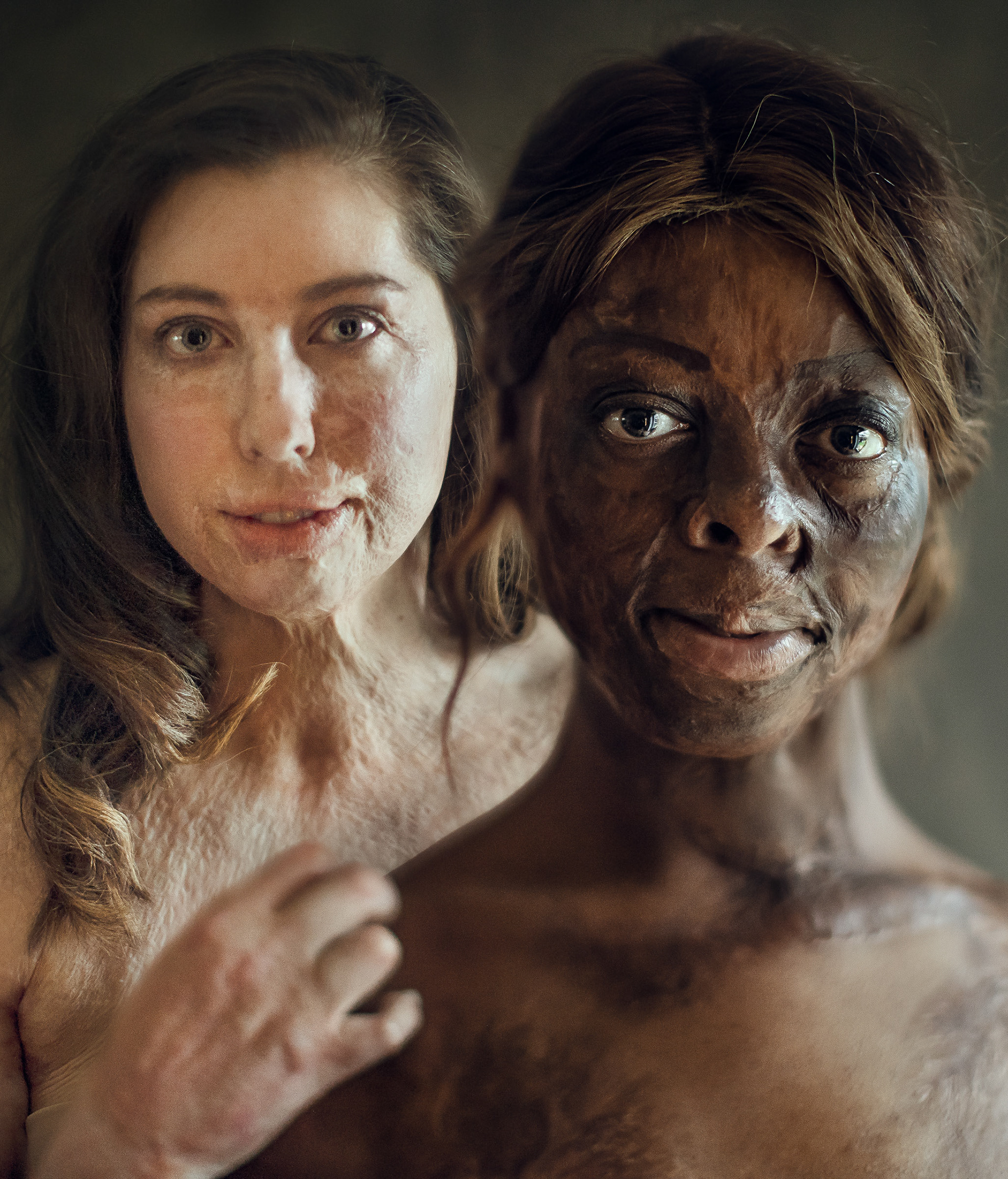
Catrin and Raiche

Hannah
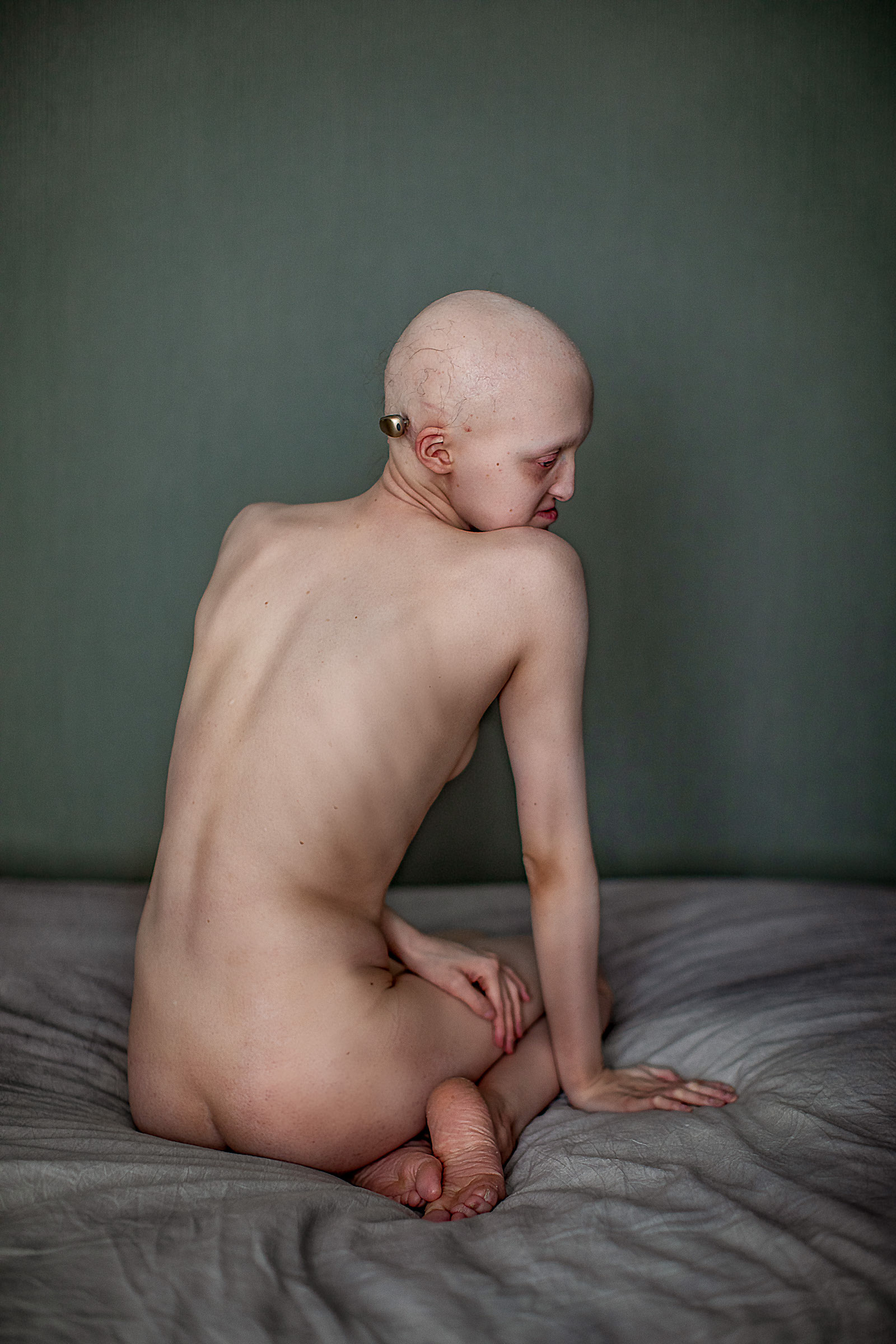
Hannah
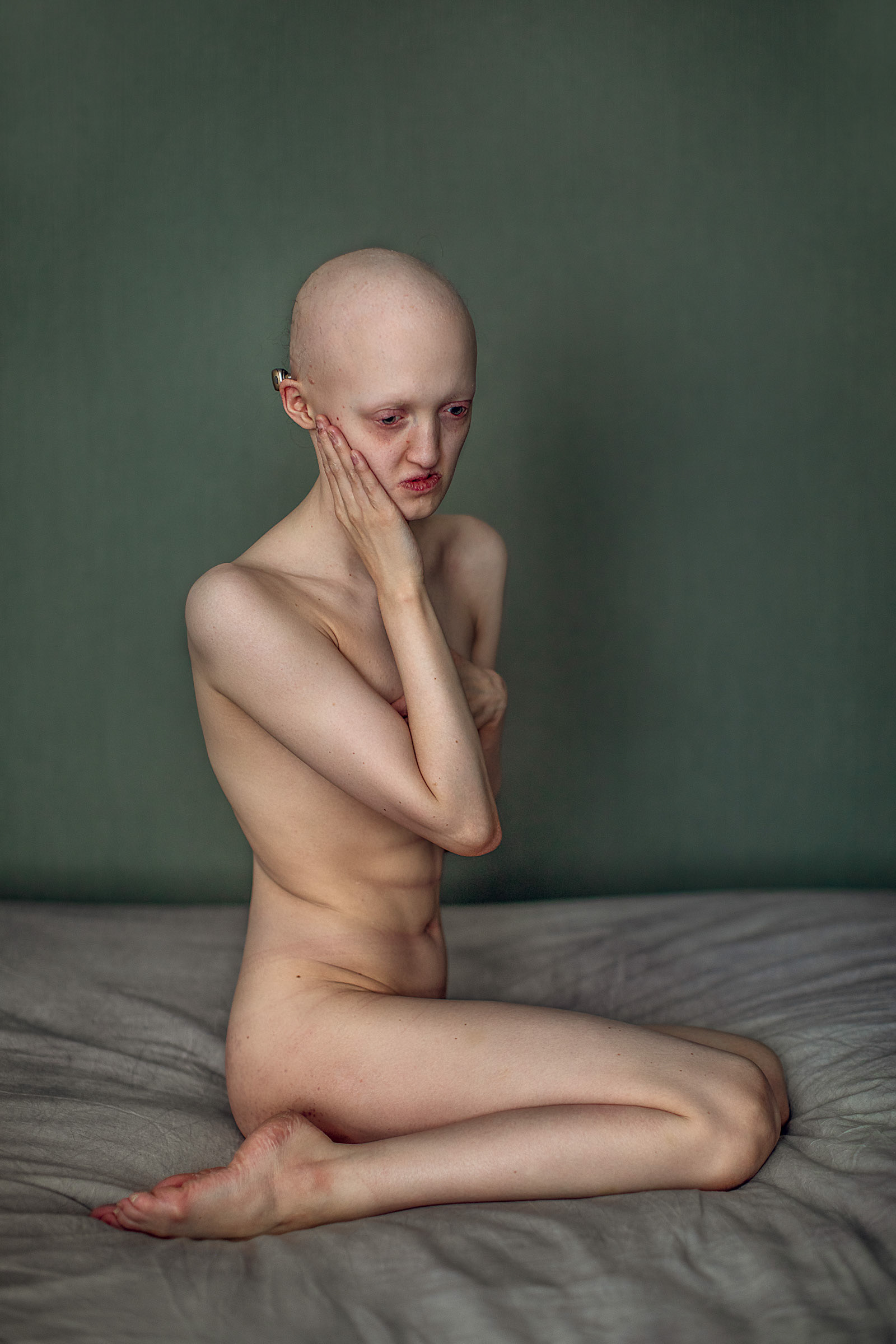
Hannah
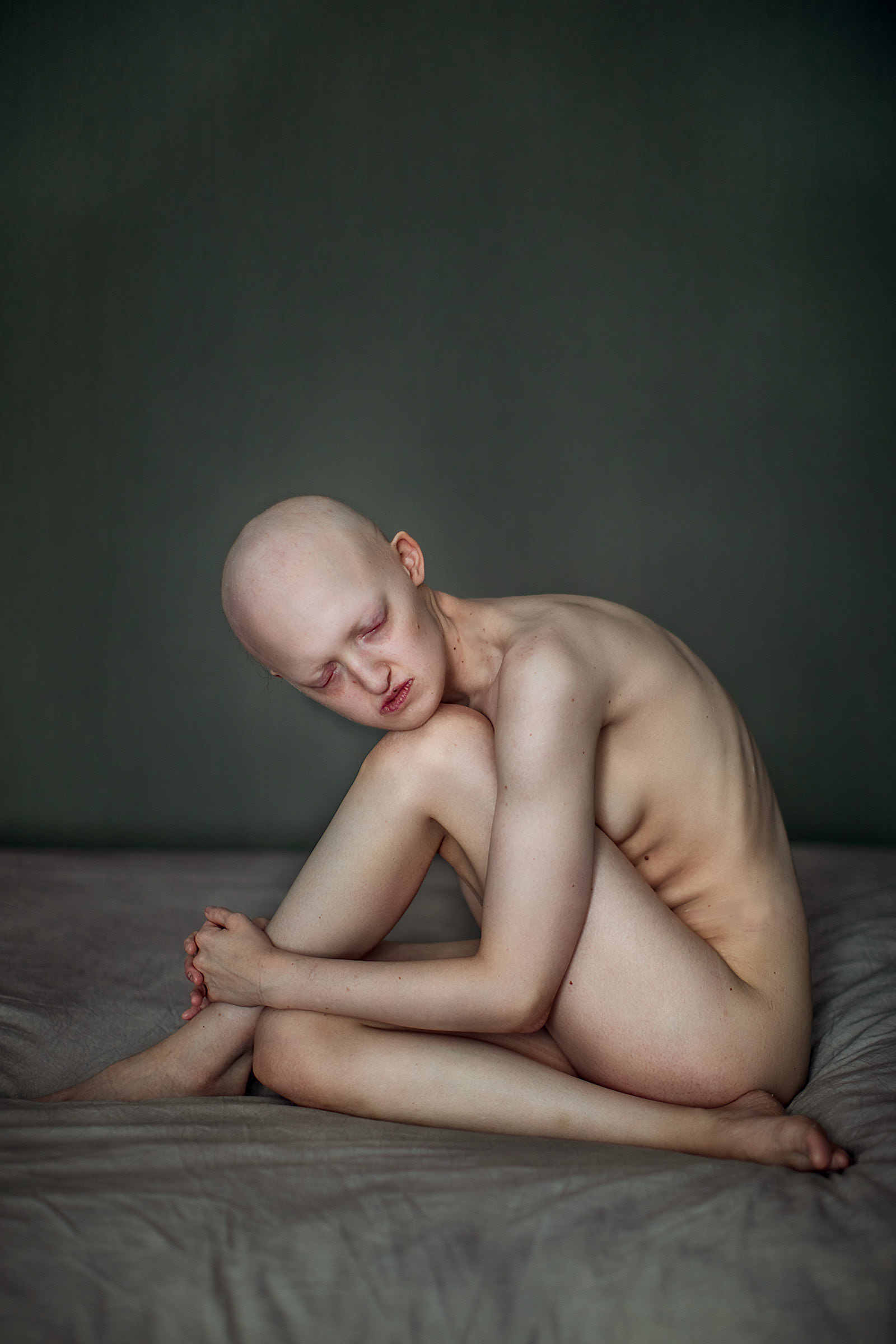
Hannah
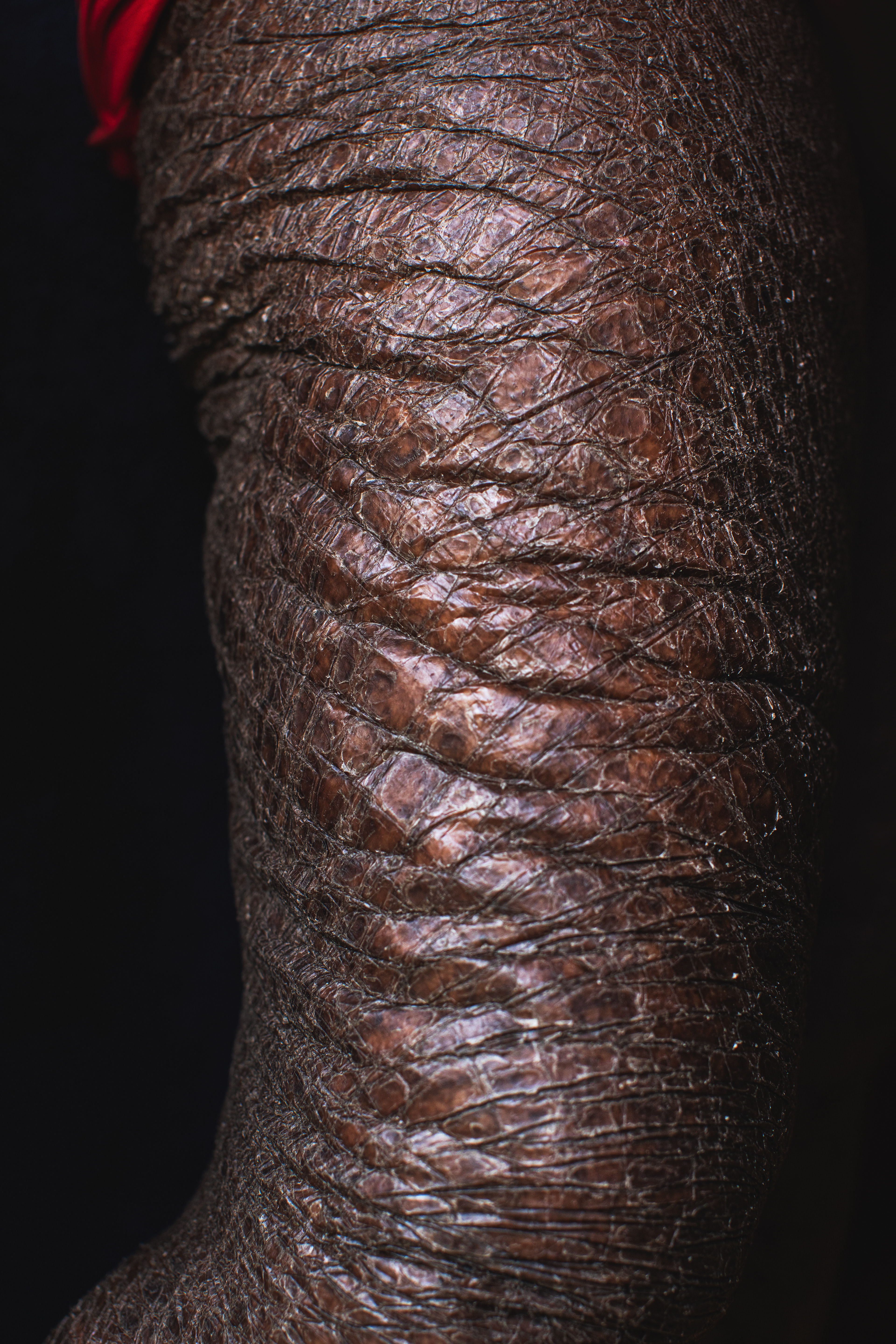
Christina
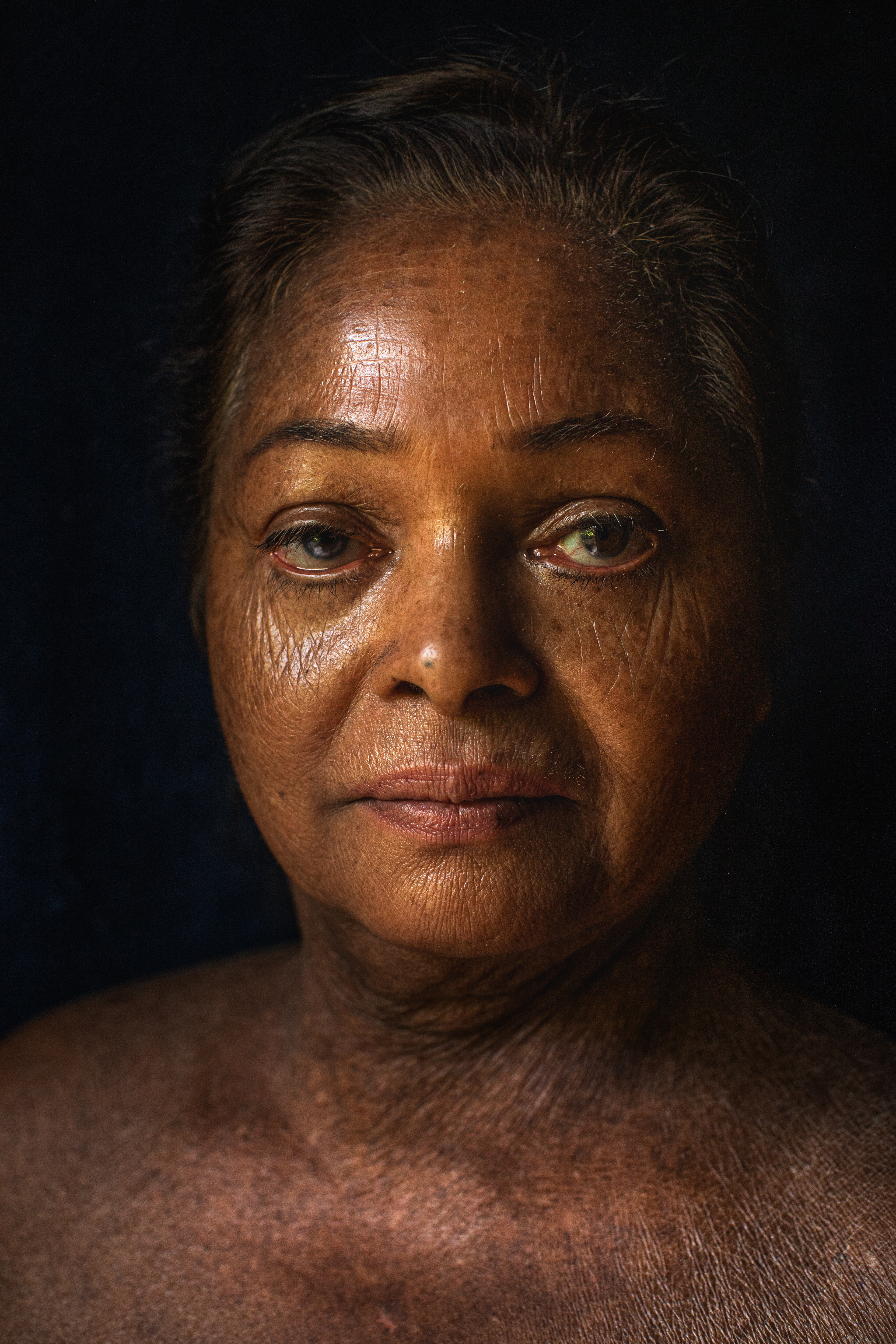
Christina
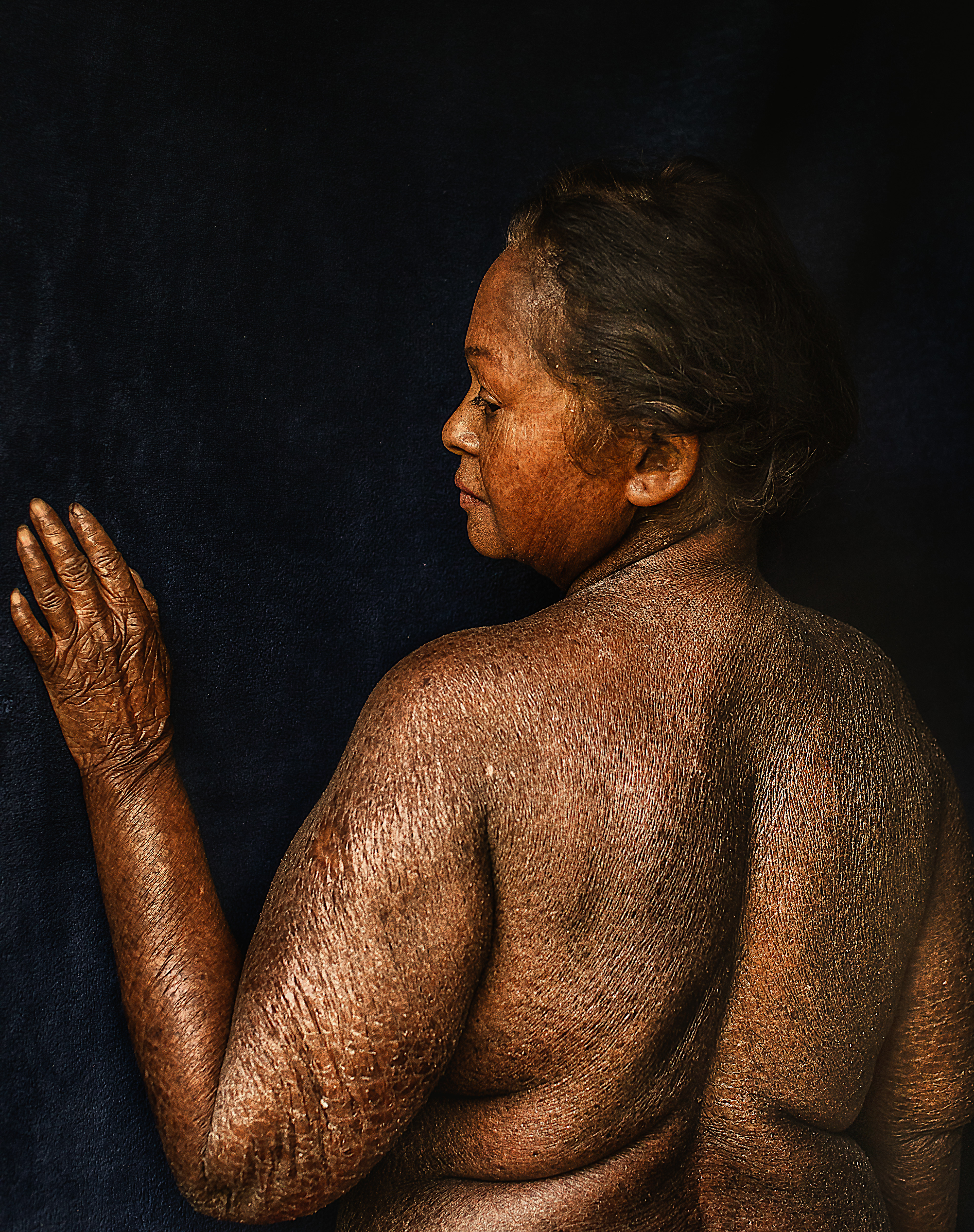
Christina
As a girl child who grew up in a patriarchal society back in a small town of India, I have battled for all of my life with the constructs of beautiful or ugly; boy or girl; normal or abnormal, rich or poor, pink or blue... this world for me has always been divided in binaries. I have grown up being conditioned to believe that the needs of my male counterparts always preceded those of mine. This sort of “beliefs based marginalisation of humans” is what this series tries to break away from and instead, work towards the expansion of humanity. A world without exceptions. A human expereince that moves away from binaries.
This series is a collaborative effort between the participants and myself. Every narrative is born from a conversation surrounding triumphs despite of our deepest vulnerabilities. In that sense this series is about the triumph of the human instinct.
A 96% burns survivor, Catrin often steps out of the house to be stopped and asked by strangers “Sorry! what happened to you?”
At the age of 9, surviving a plane crash with deep visible scars and those that are invisible from having lost her entire family (father, mother and 5-year-old brother) in that accident, Tulsi grew up being continuously reminded of how “ugly” she is both by those, closer to kin and the world at large.
Hannah was born with a rare genetic condition called Hay-Wells Syndrome. There are only about 30 other people with this condition in this world. Being “different” has made her subject to bullying all of her life.
A new mother, Joanné often gets asked “is this your child?” Because the colour of her and his skin is “different.” Growing up with albinism, Joanné has embraced her “otherness” in a way that speaks of the triumphant spirit of humans.
It is this act of wholly embracing our otherness is what we have showcased in this series. And hence the absence of any external adornment, so as to experience otherness, wholly. It is an equal experience for the participants and the viewer.
For the authors of their own unique personal narratives here (my participants,) I have often had them say to me during the course of the photoshoot that “I haven’t ever experienced my existence in this complete way… all of me.”
As for the viewer and myself as a photographer, this series endeavours to break years of conditioning and beliefs around the concept of “otherness” and in that sense, to normalise otherness for the greater good of humanity.
Over the past two years, since the start of the pandemic, I have collaborated with these courageous people who are owning their differences and are at the forefront of the struggle to move towards a more inclusive humanity. Together, we have showcased vulnerability, pride and beauty in a way that we are usually not allowed to see it. These images are a realistic representation of humans. Sometimes so realistic that it makes the viewer uncomfortable. But we are intentional in generating this urgent sense of unrest and discomfort. Forcing the viewer to both read their own situation into what they see and the empathy arising out of that commonality of narrative hence, encouraging an immediate change in perspective.
